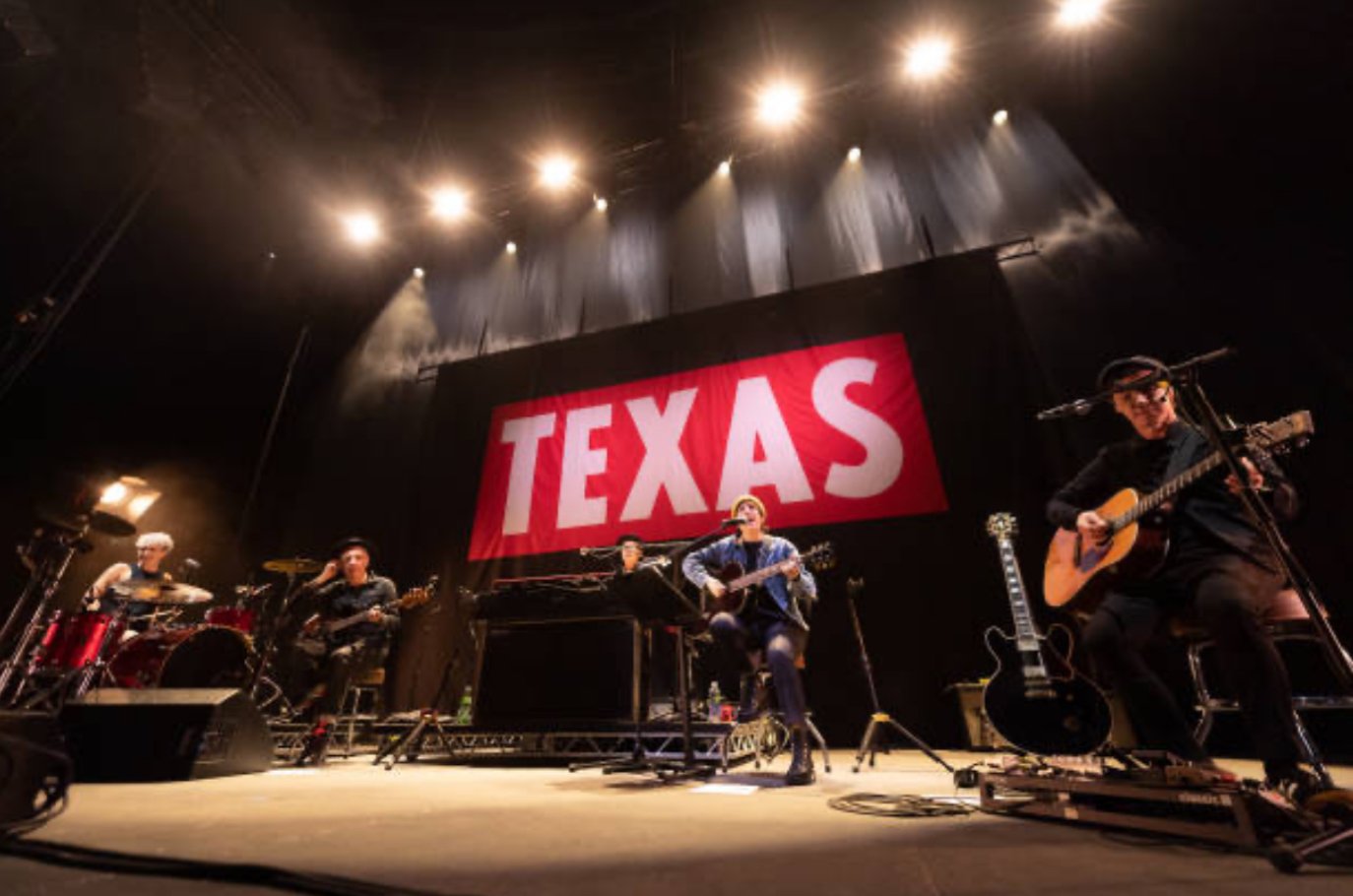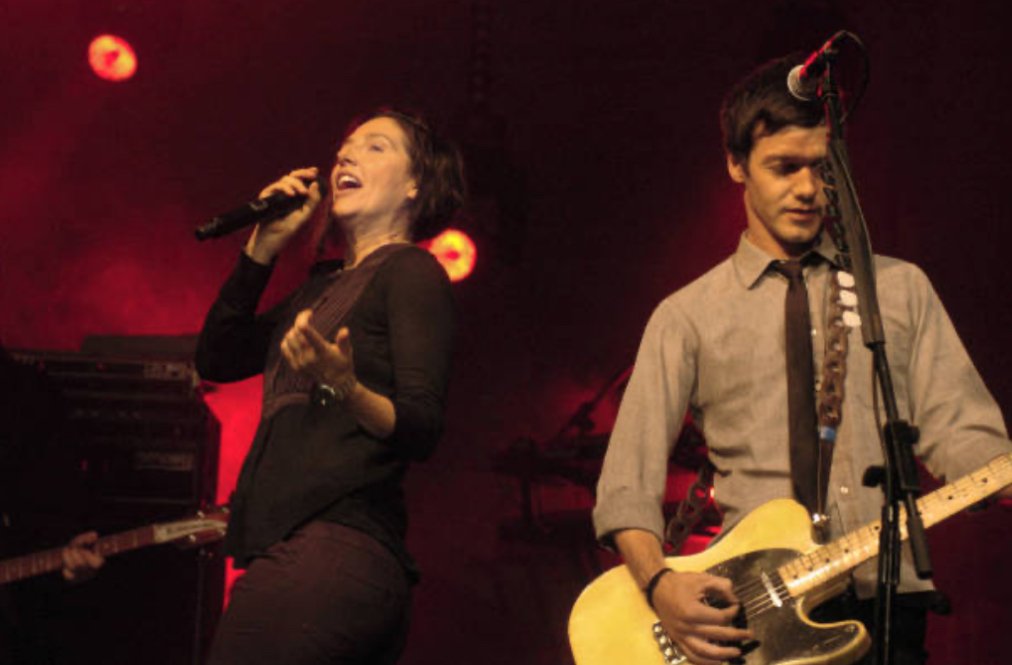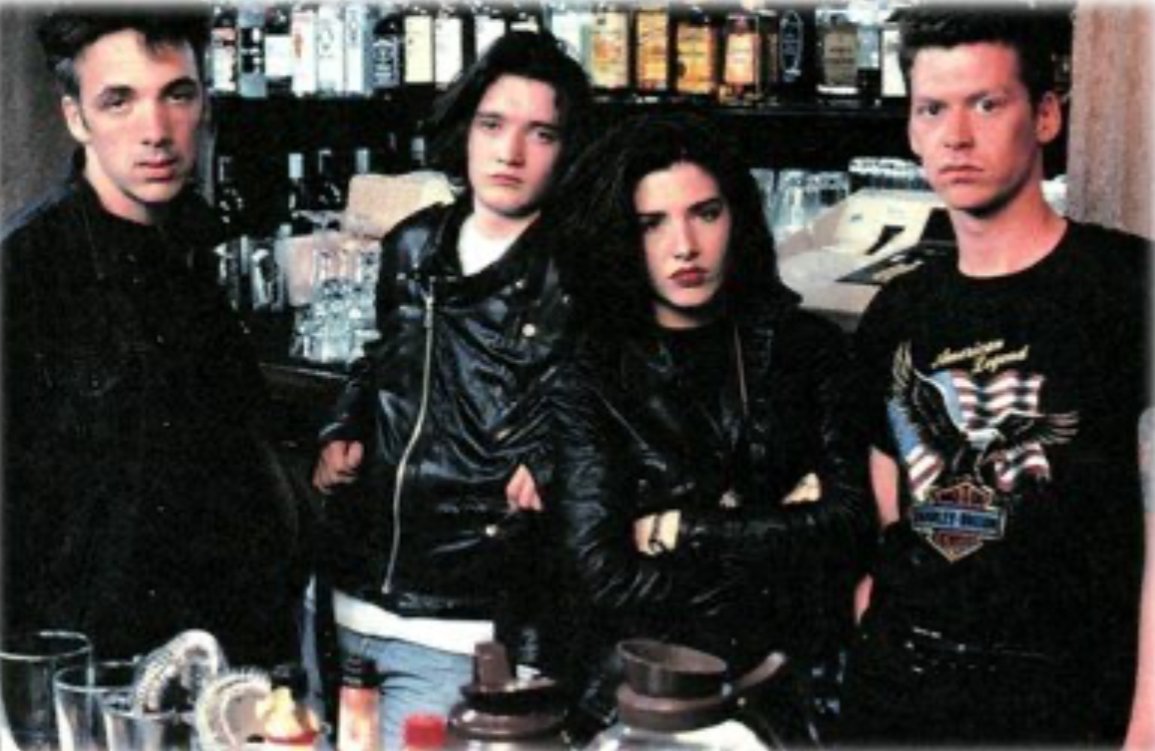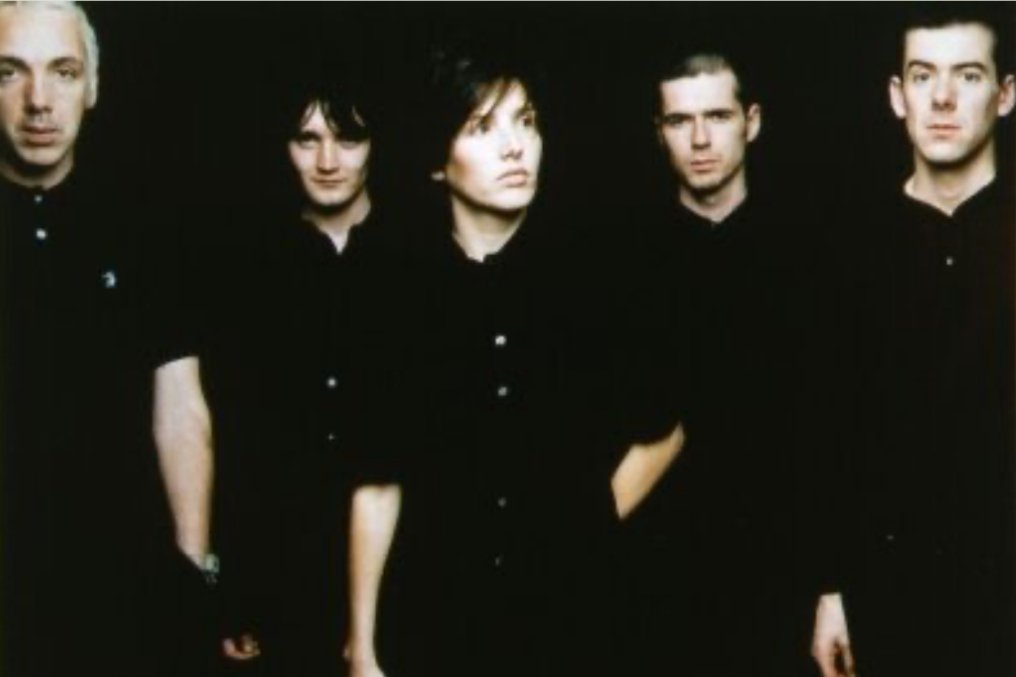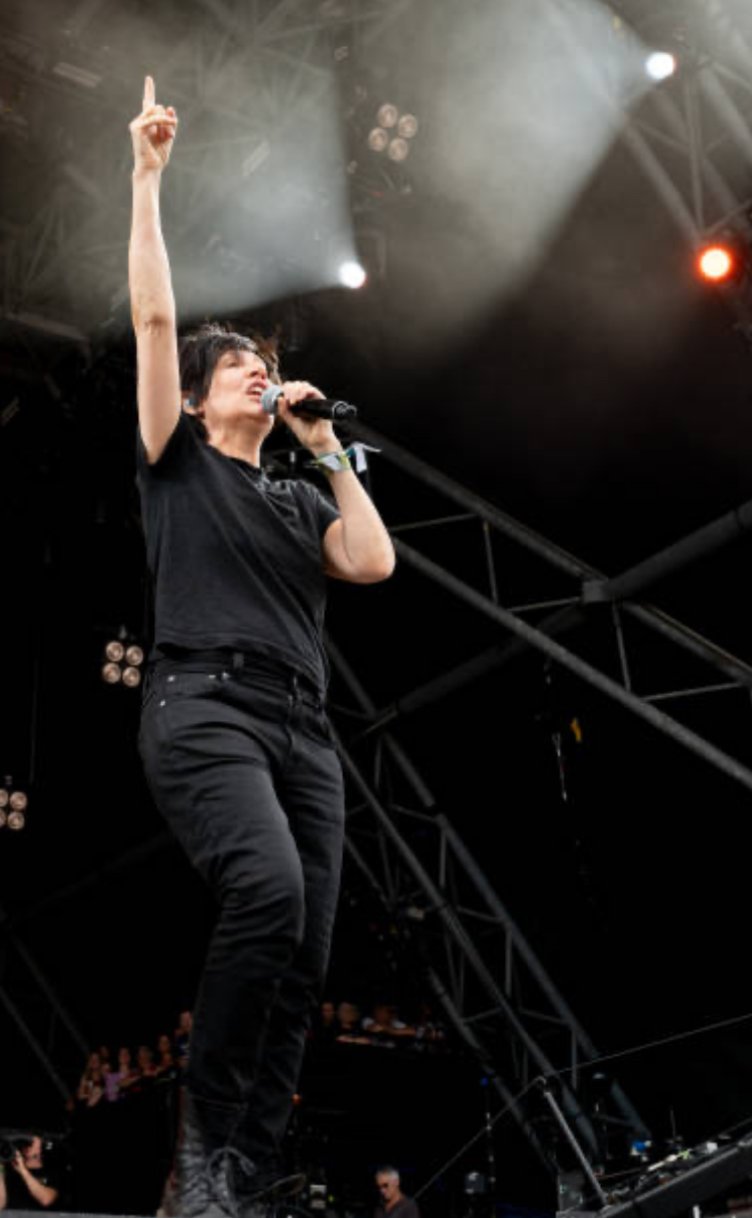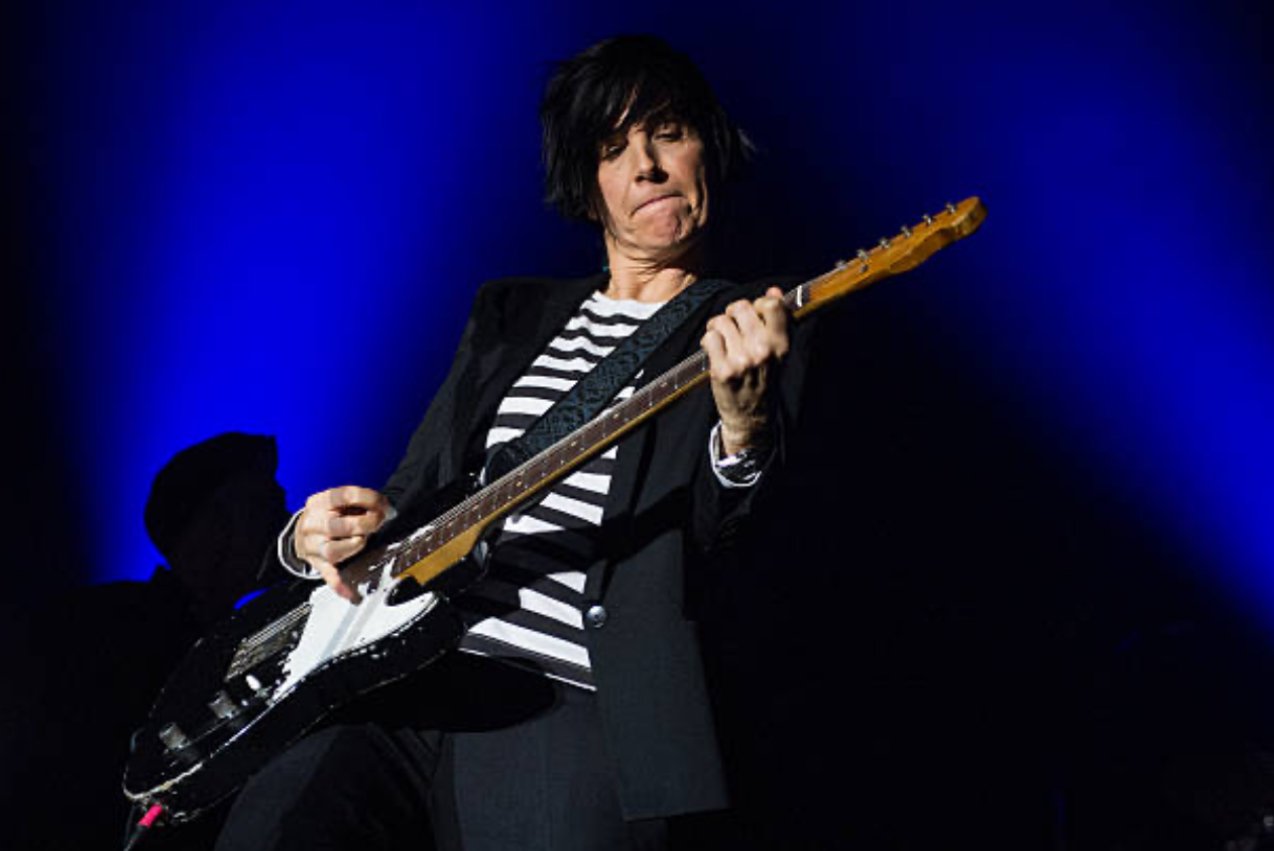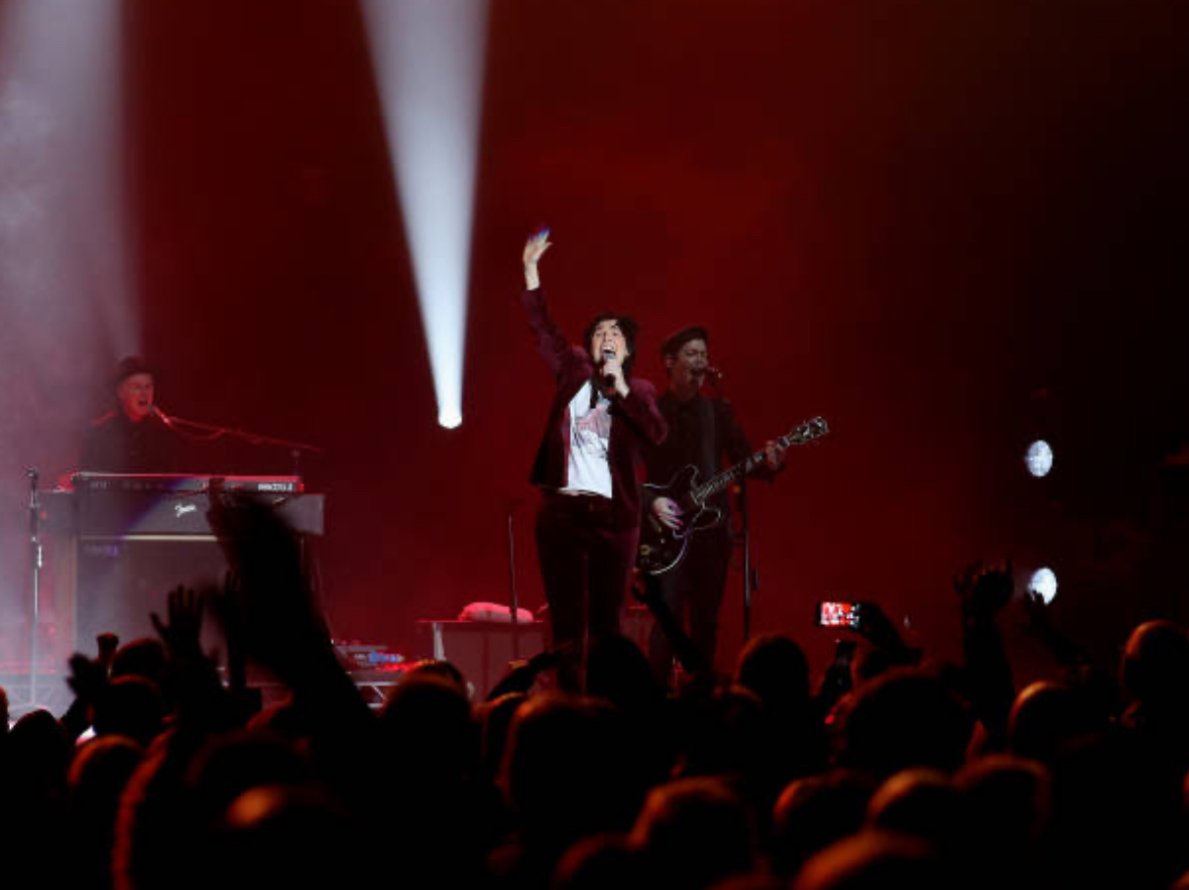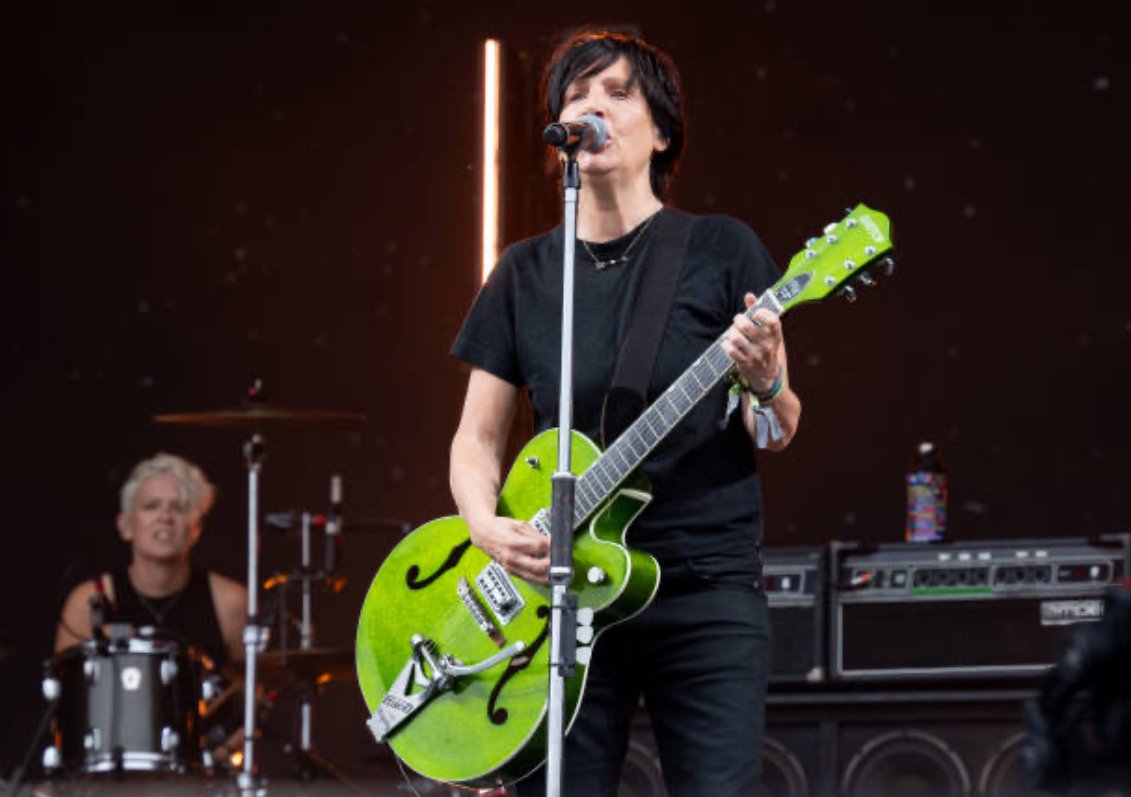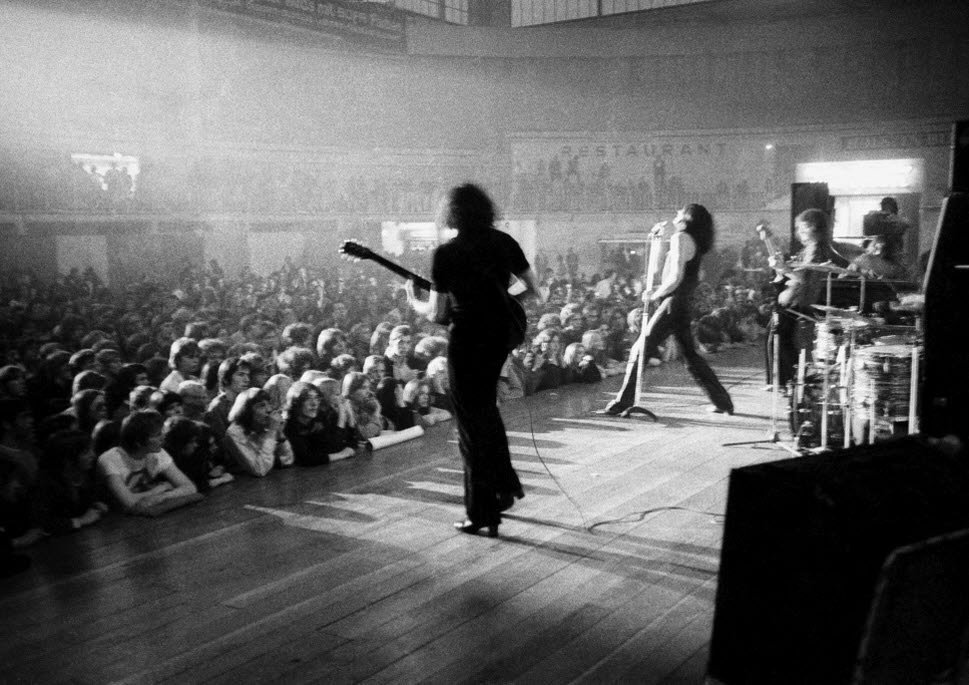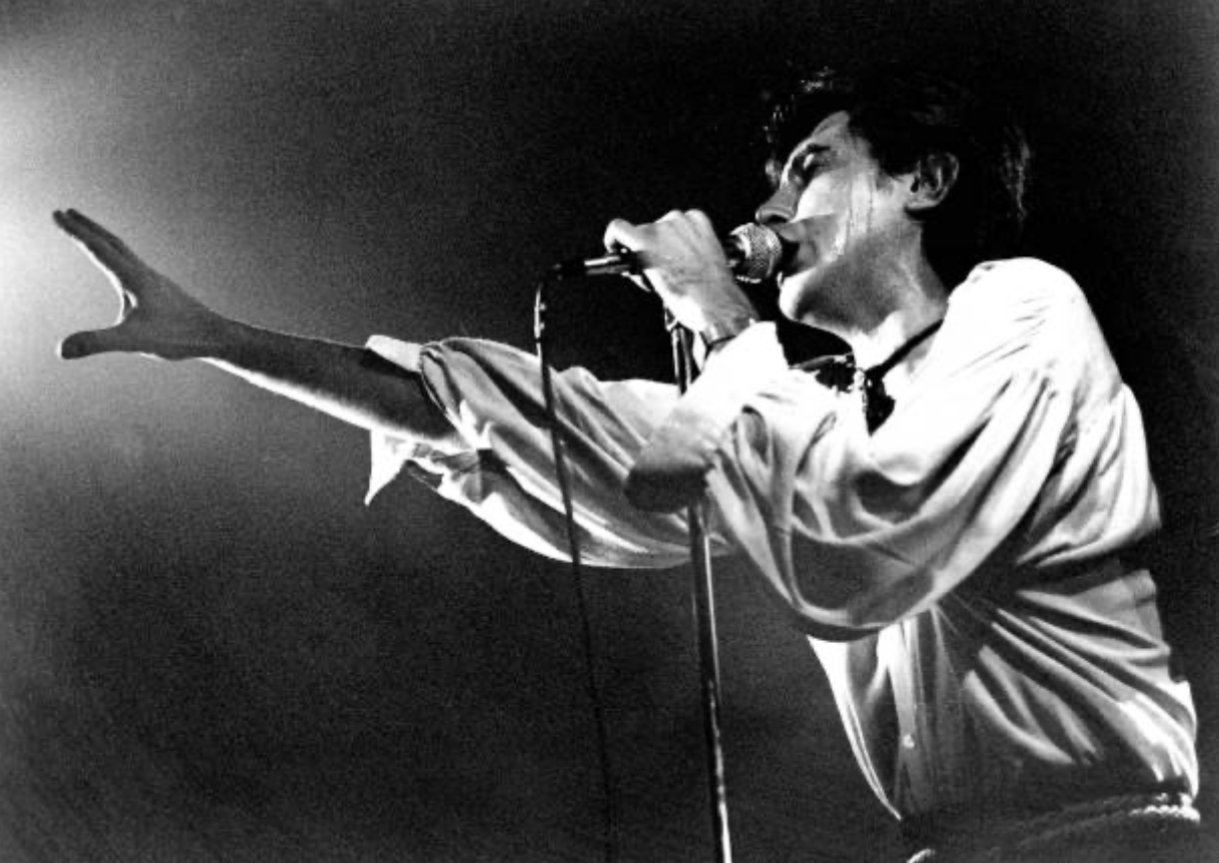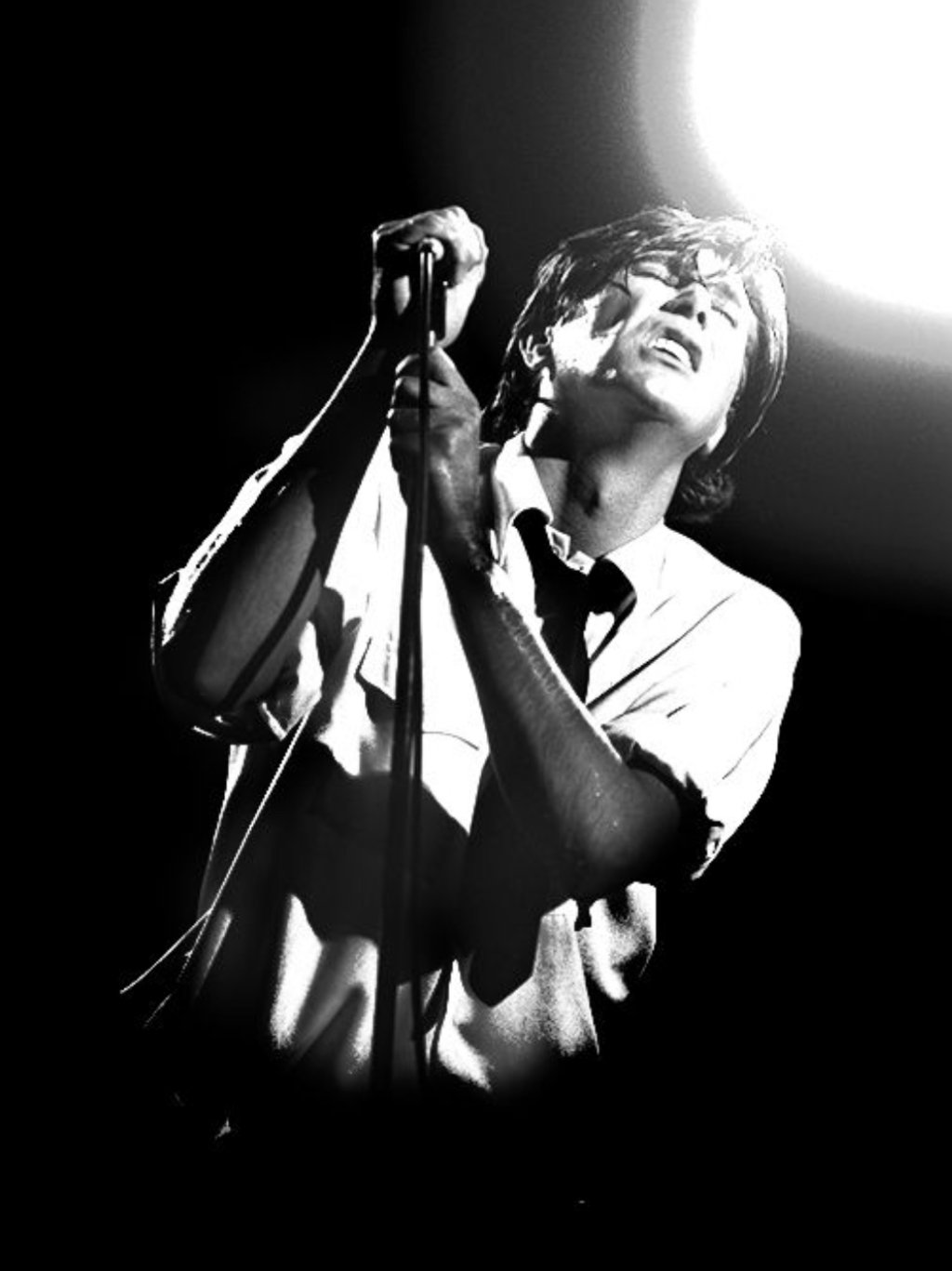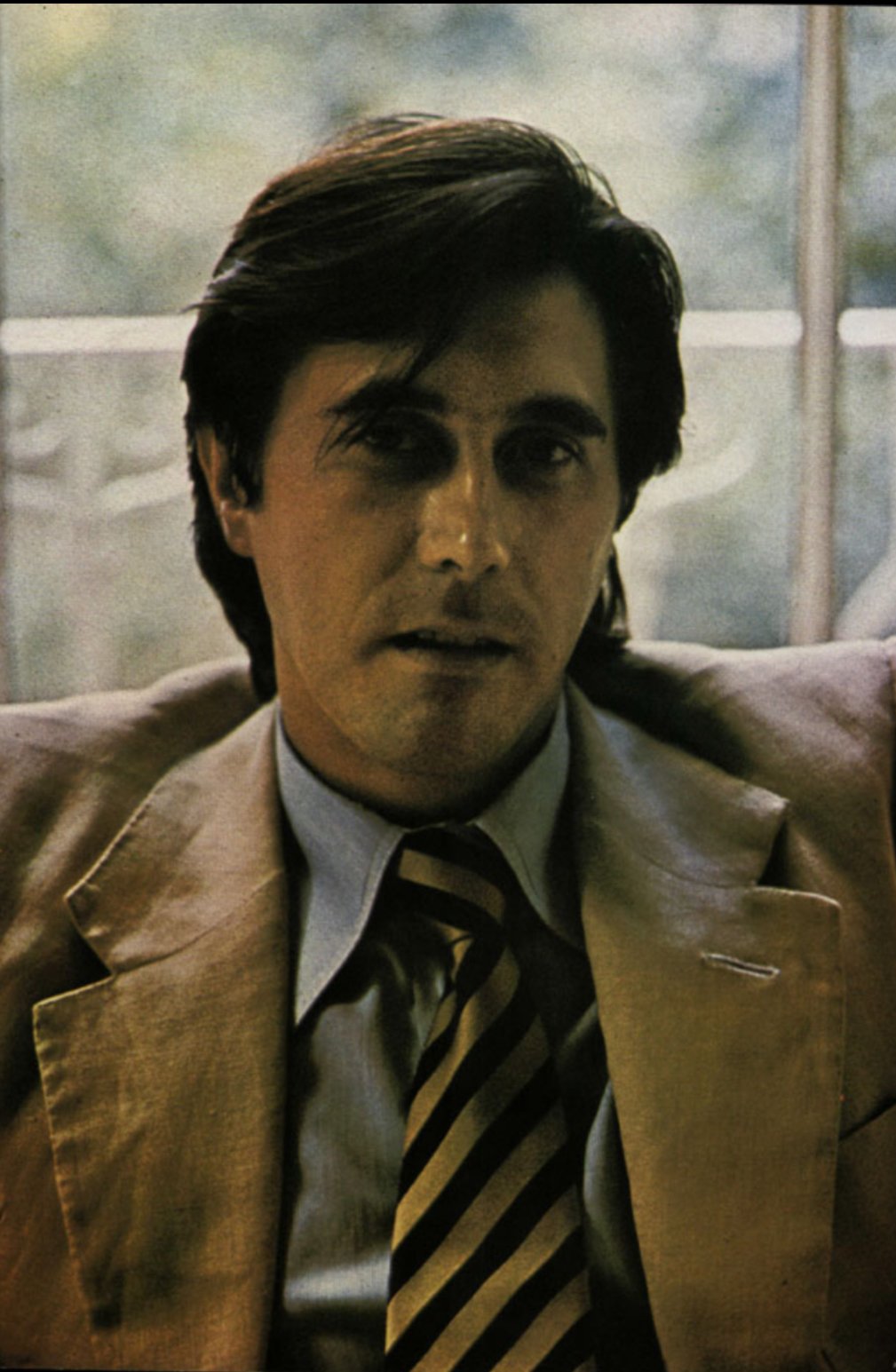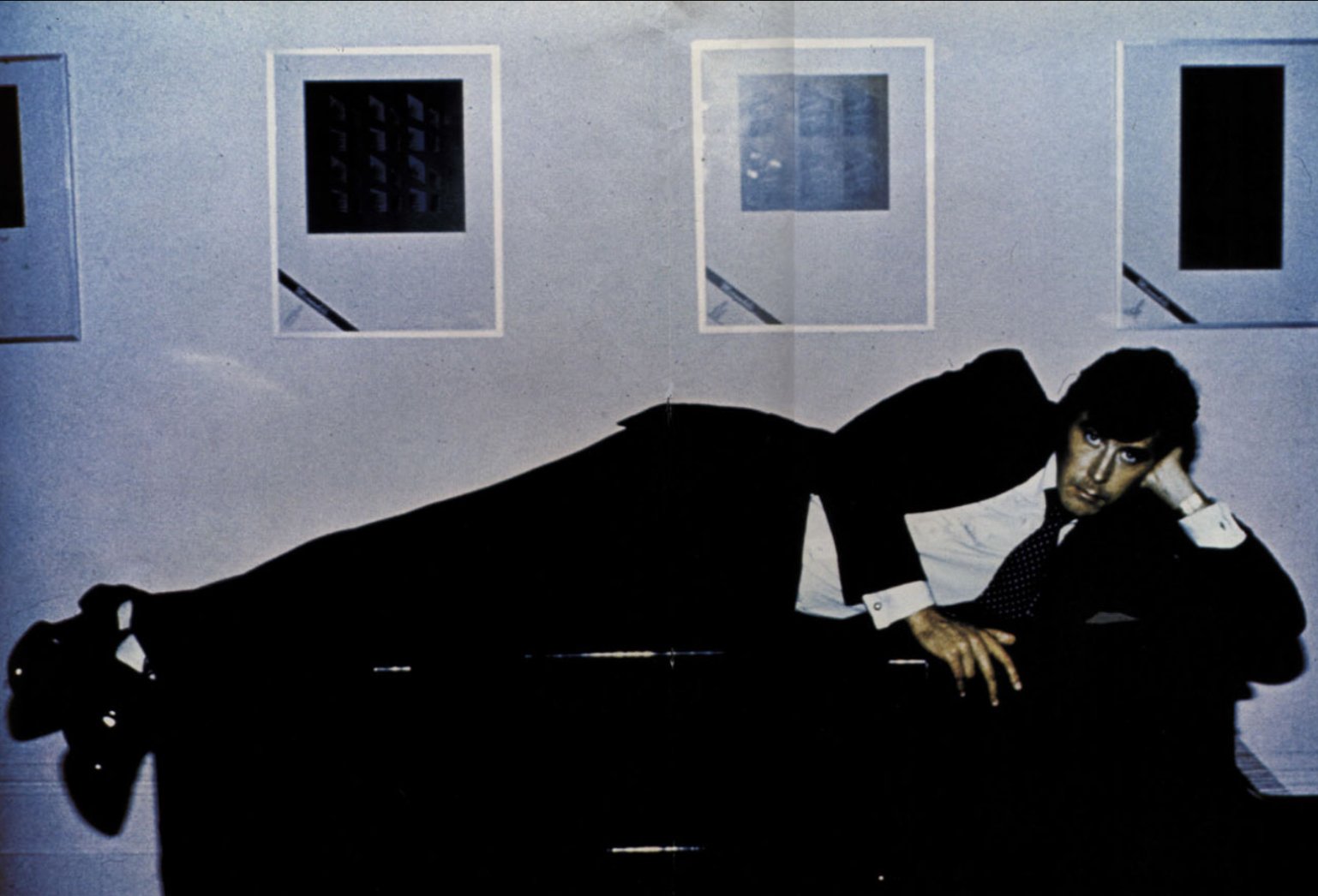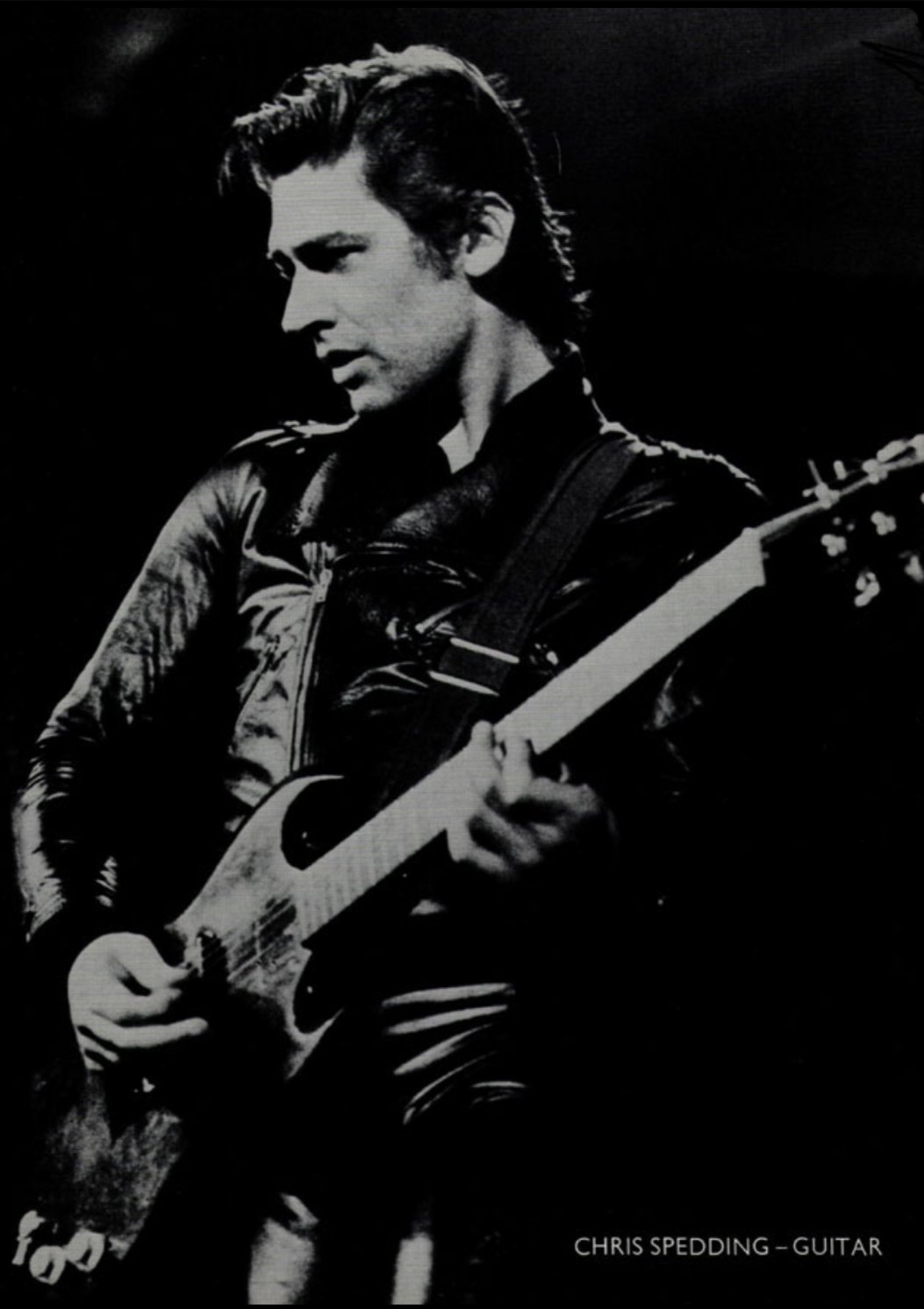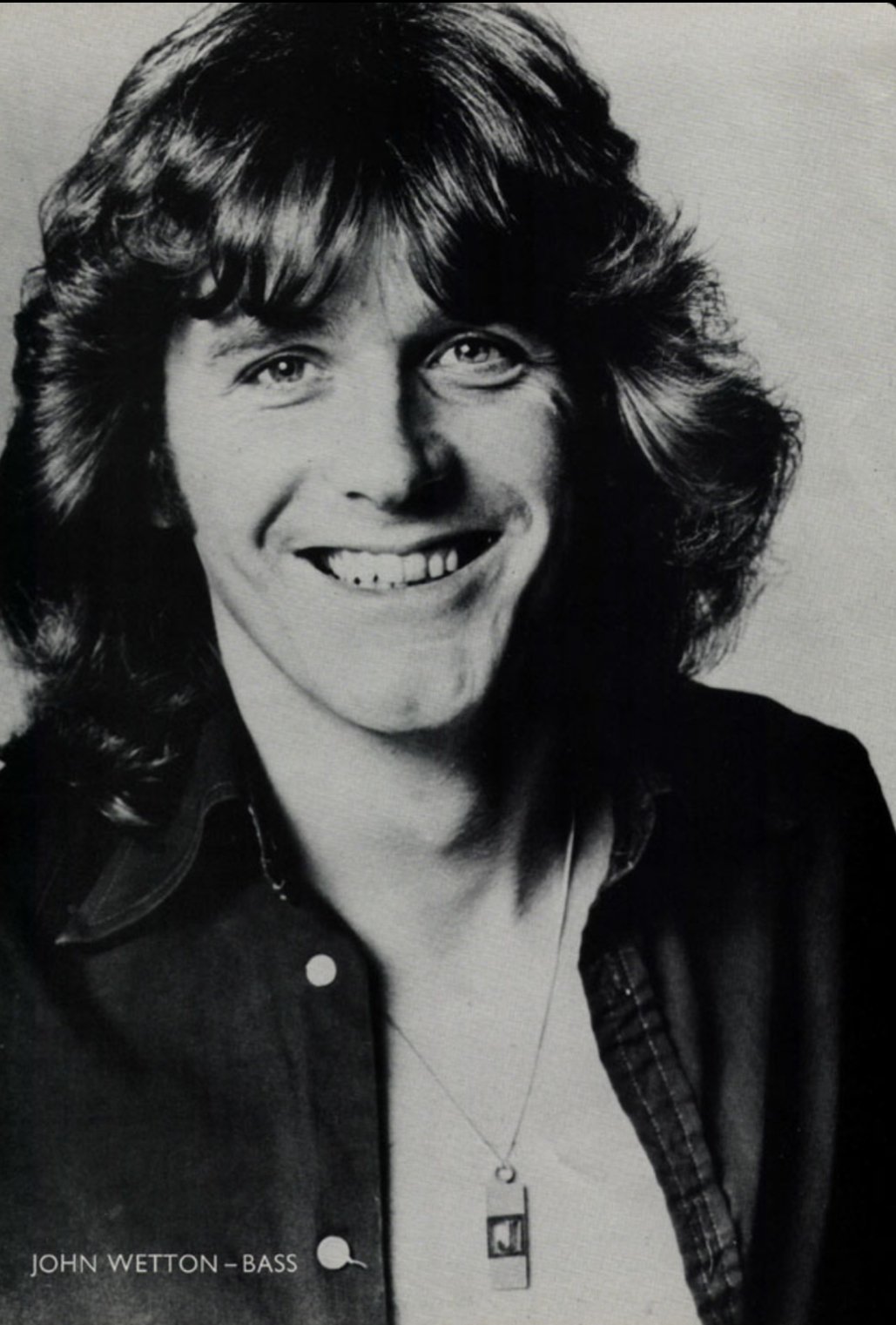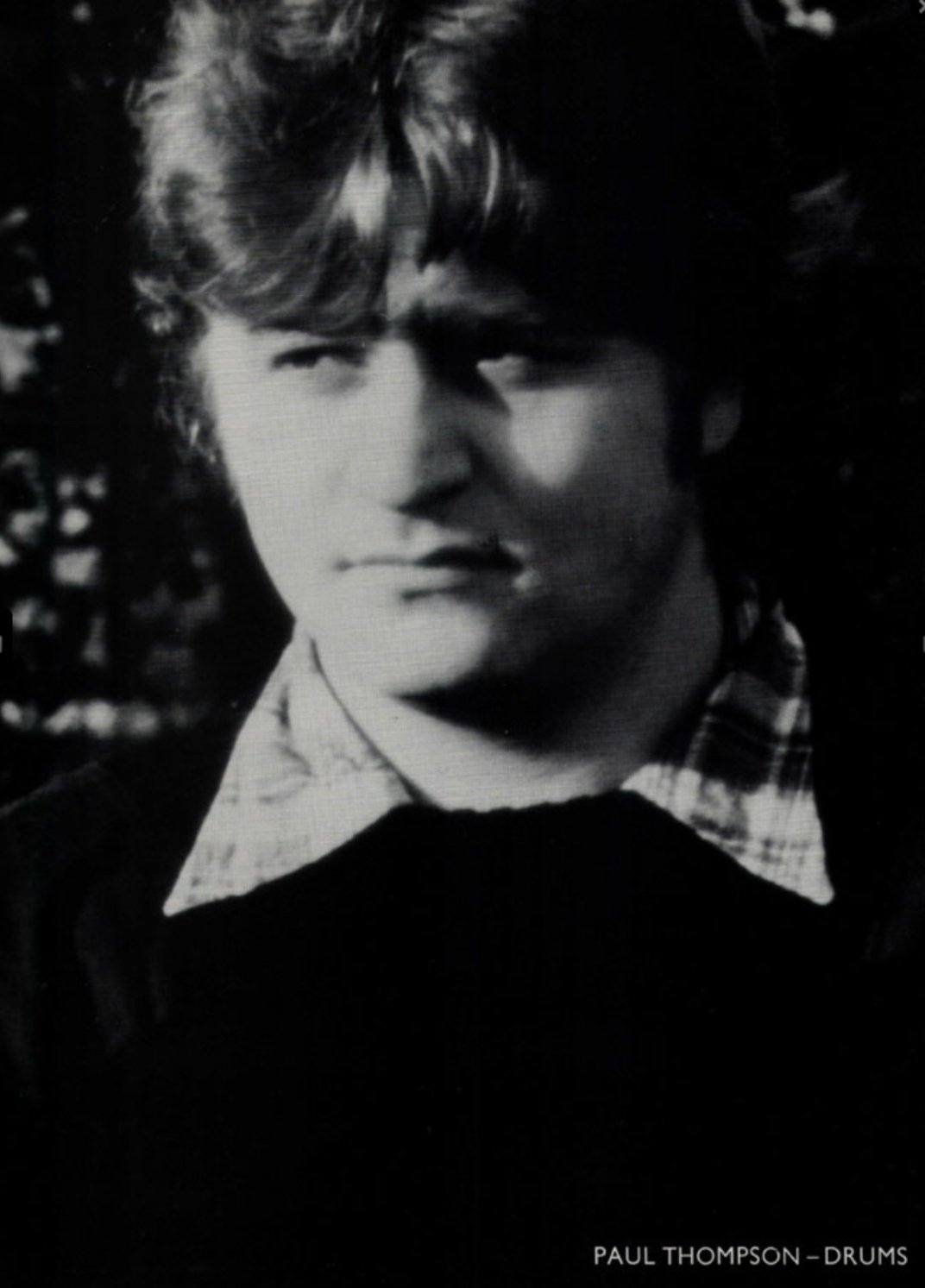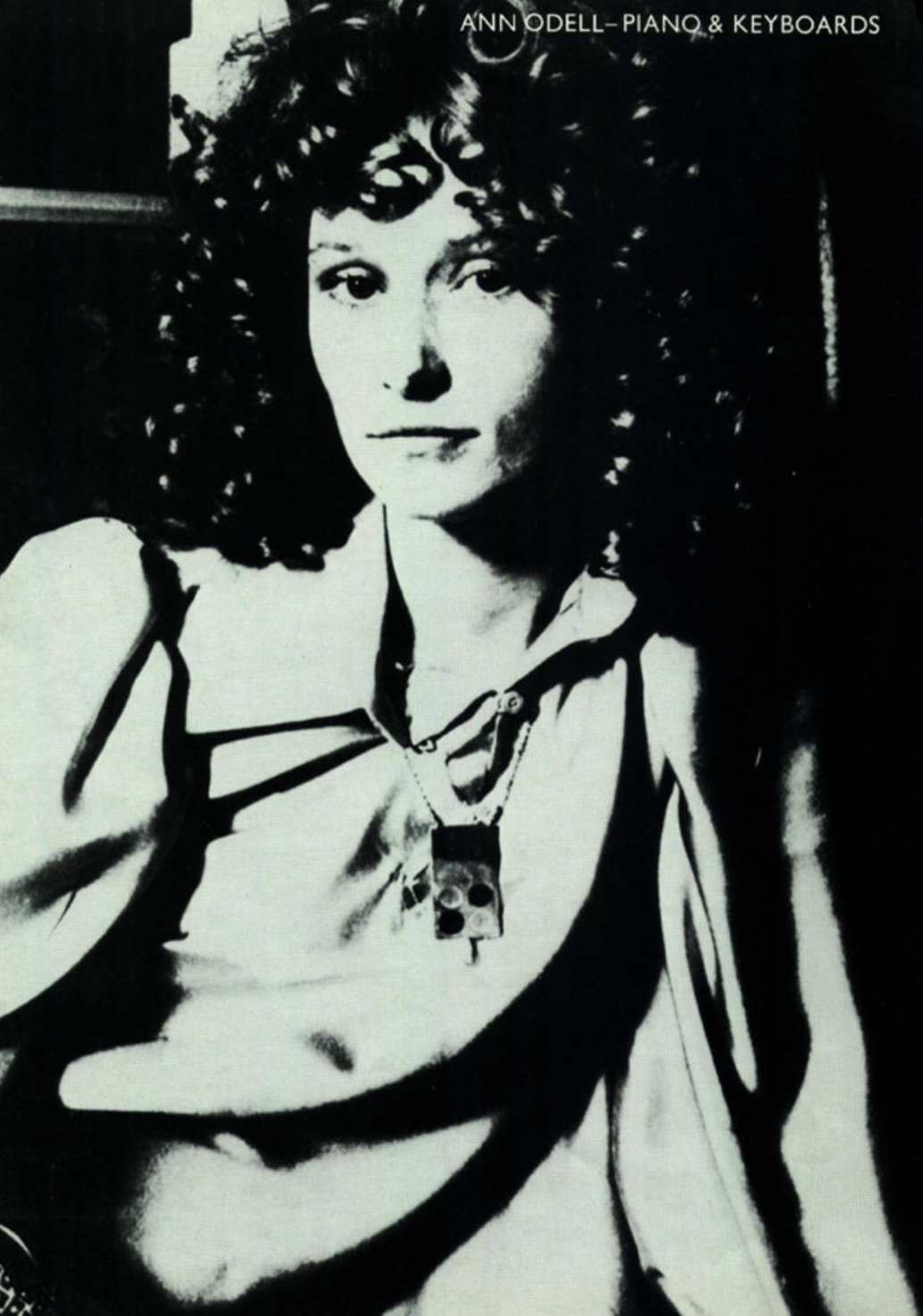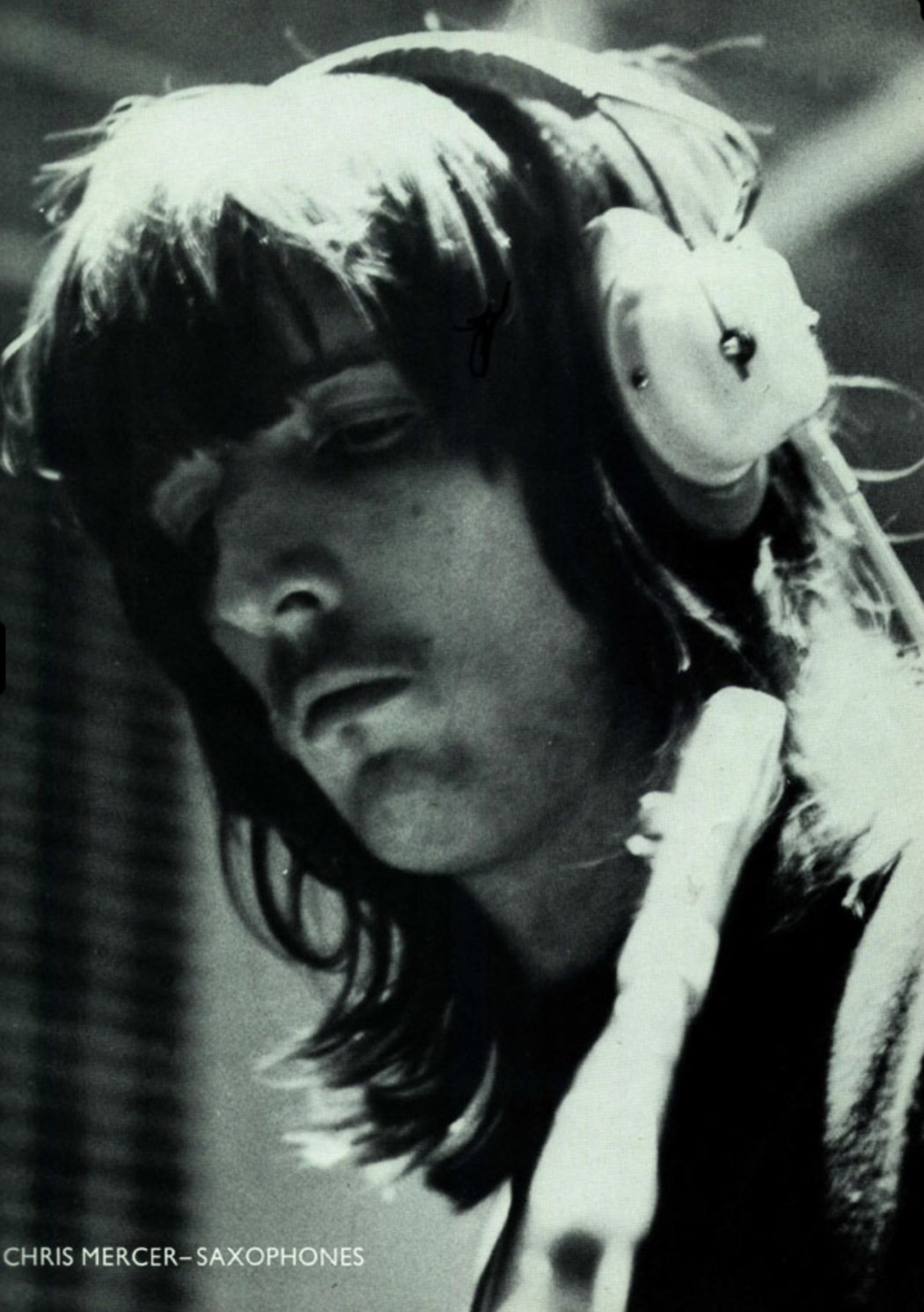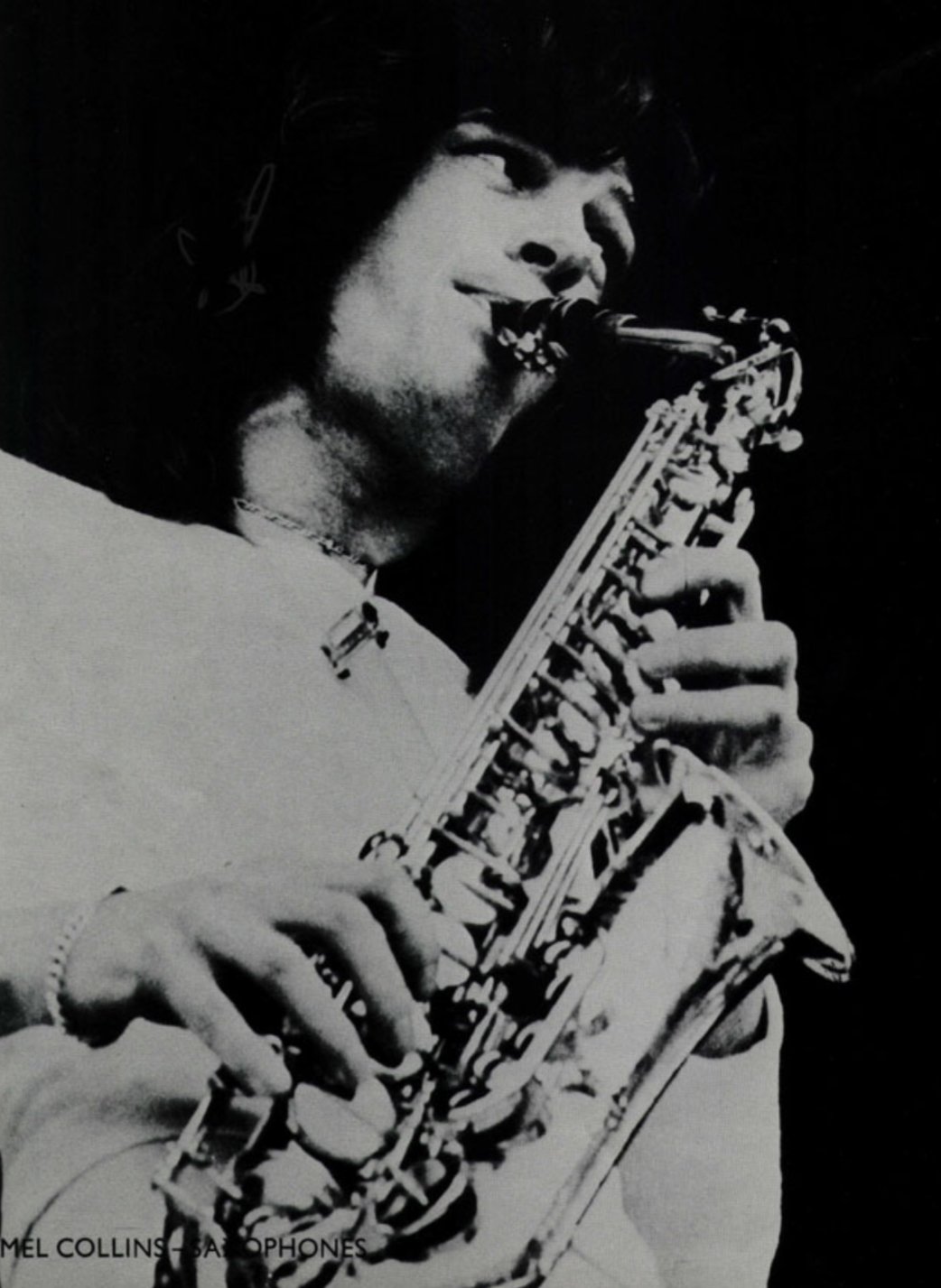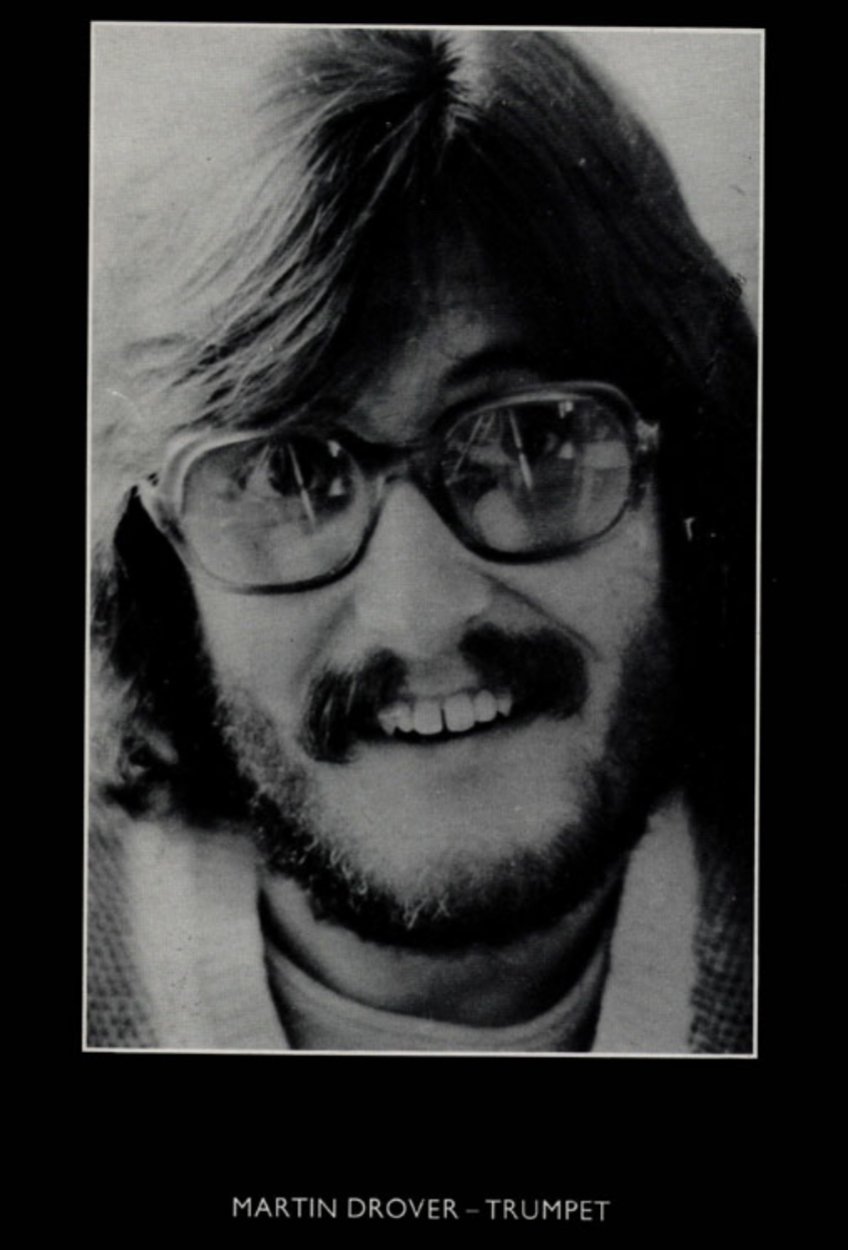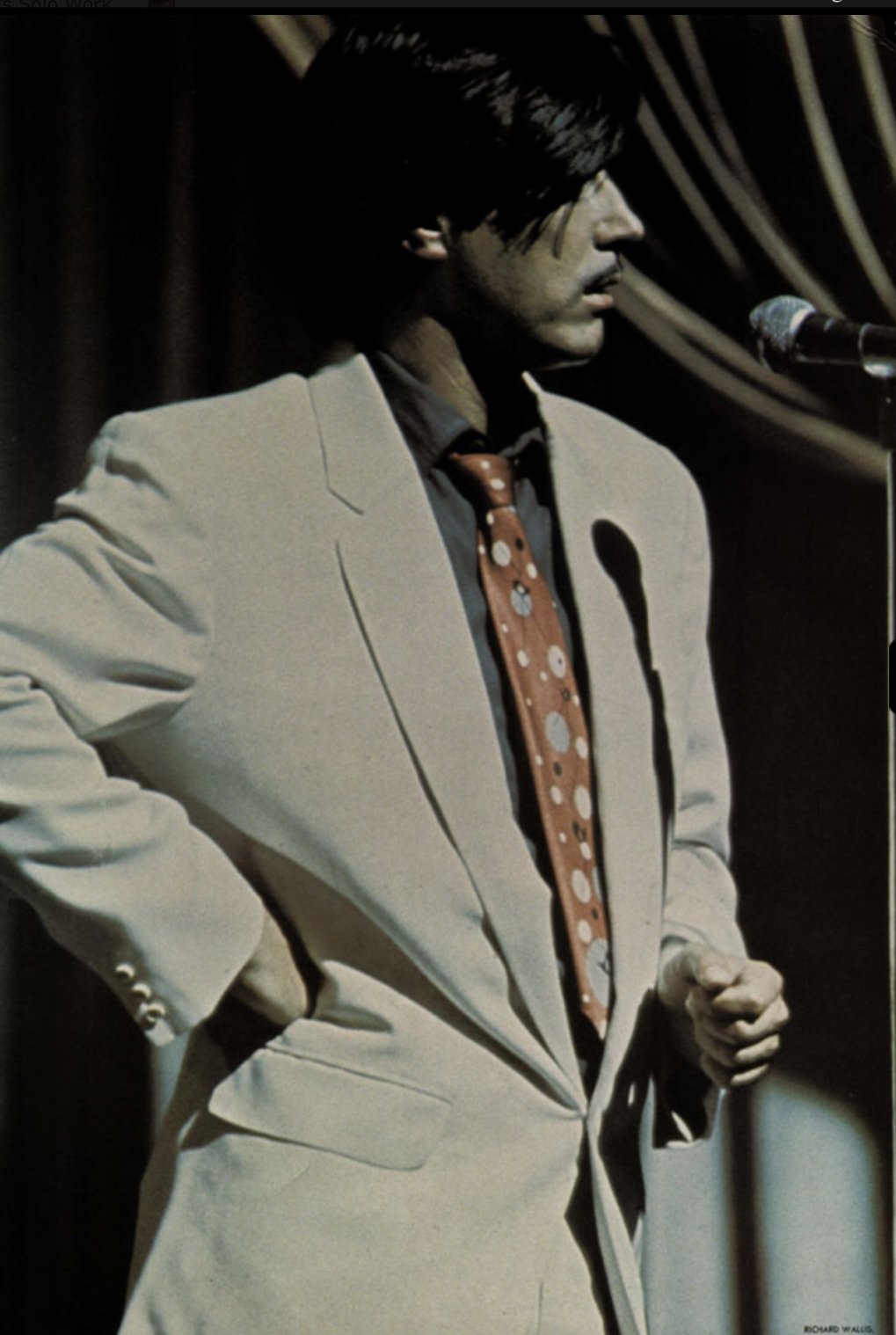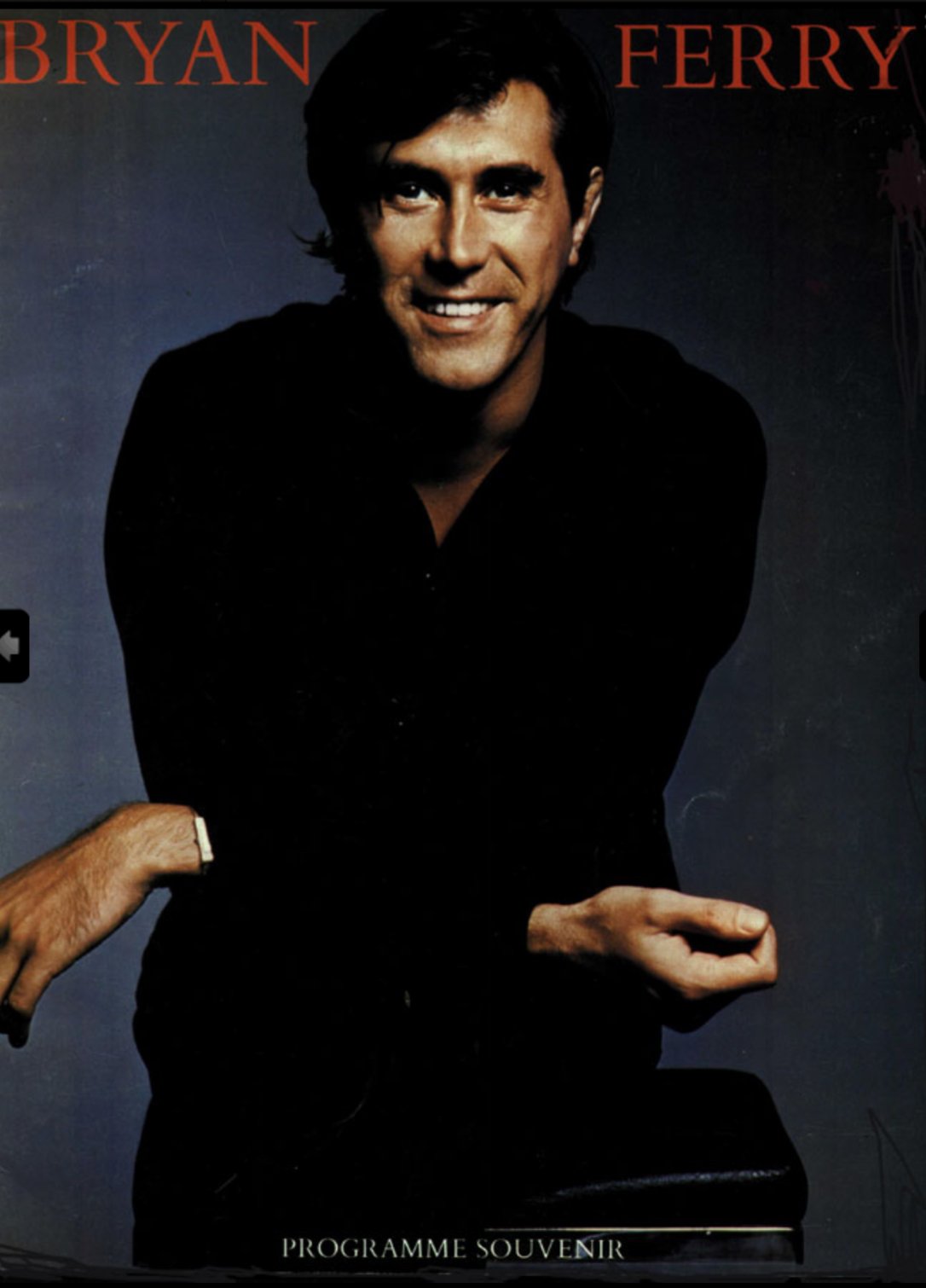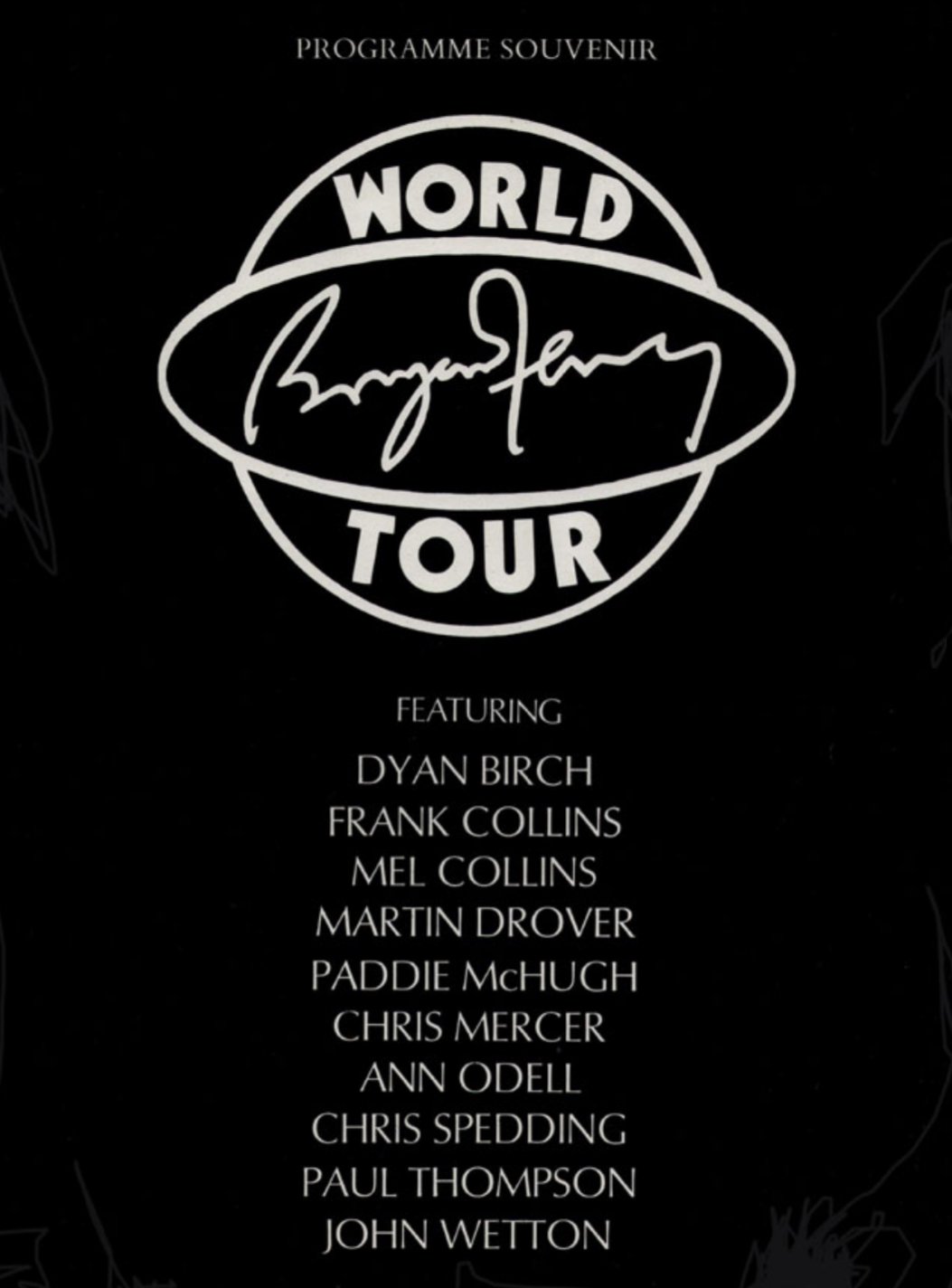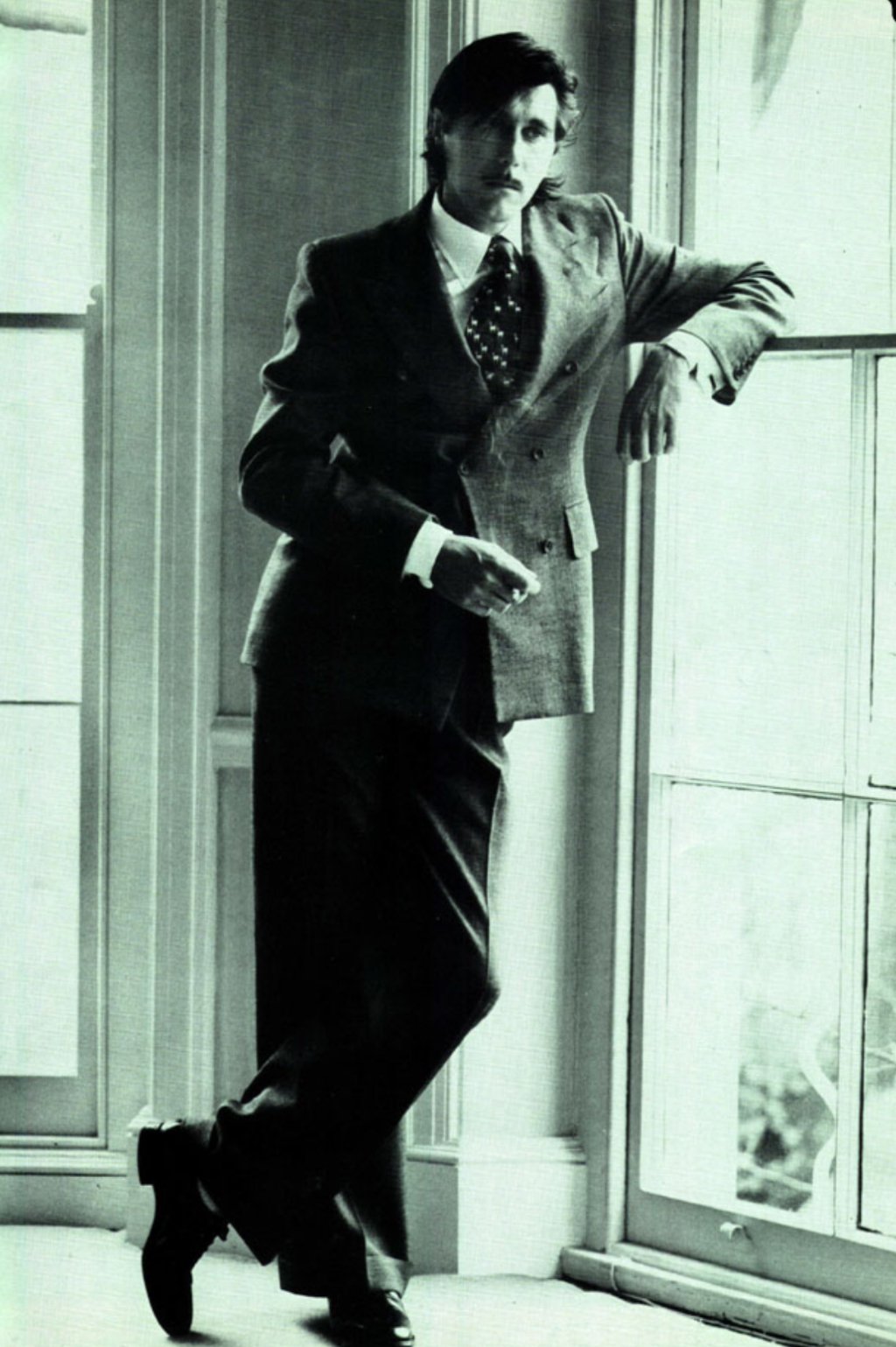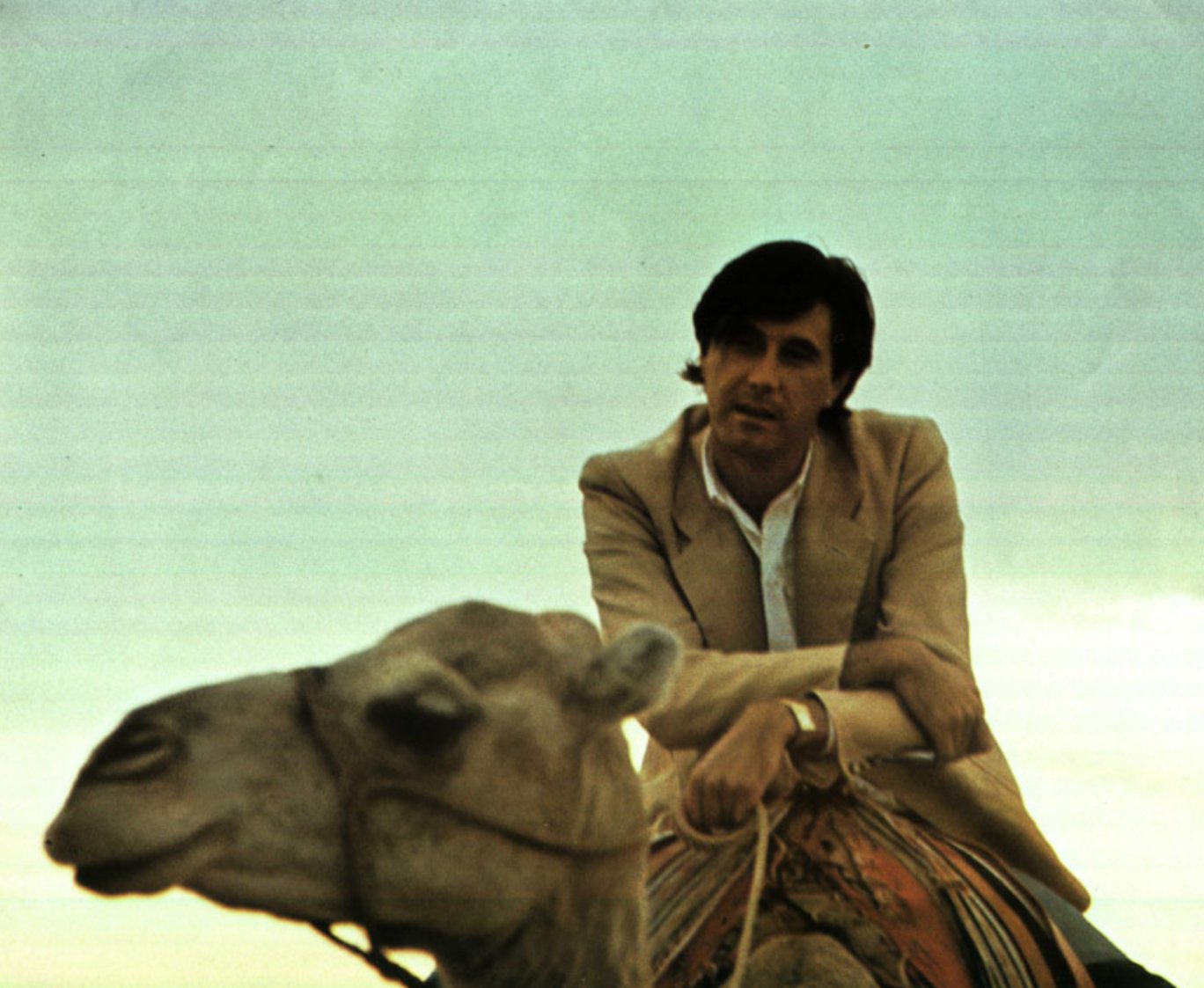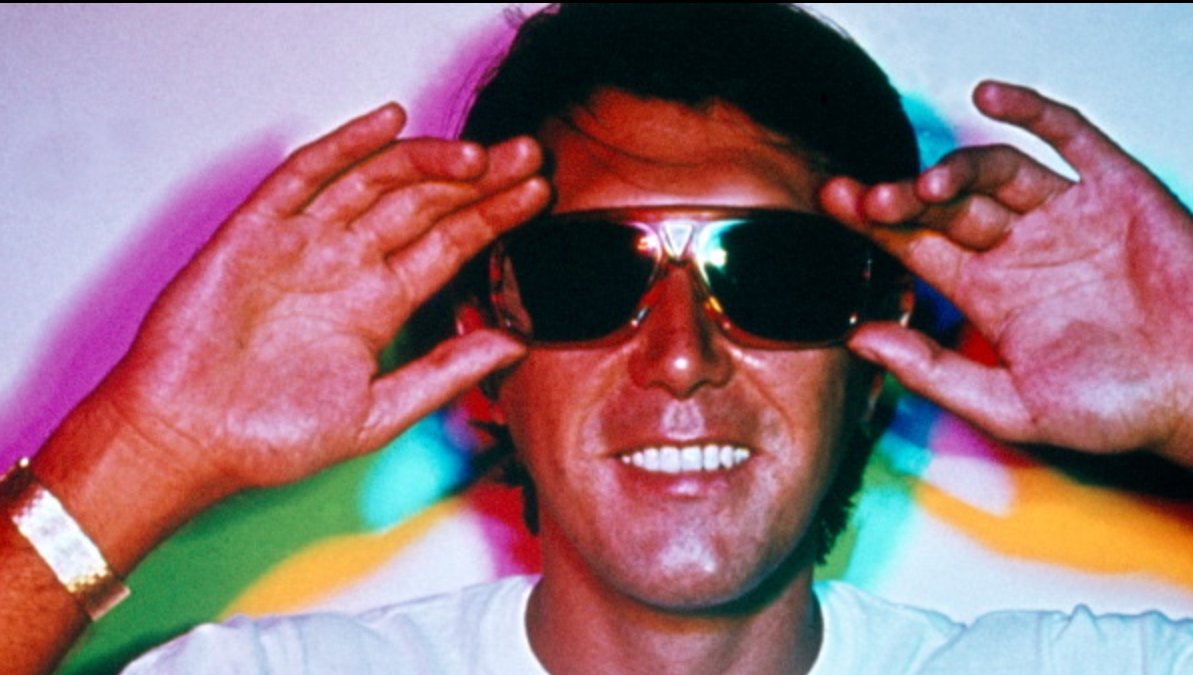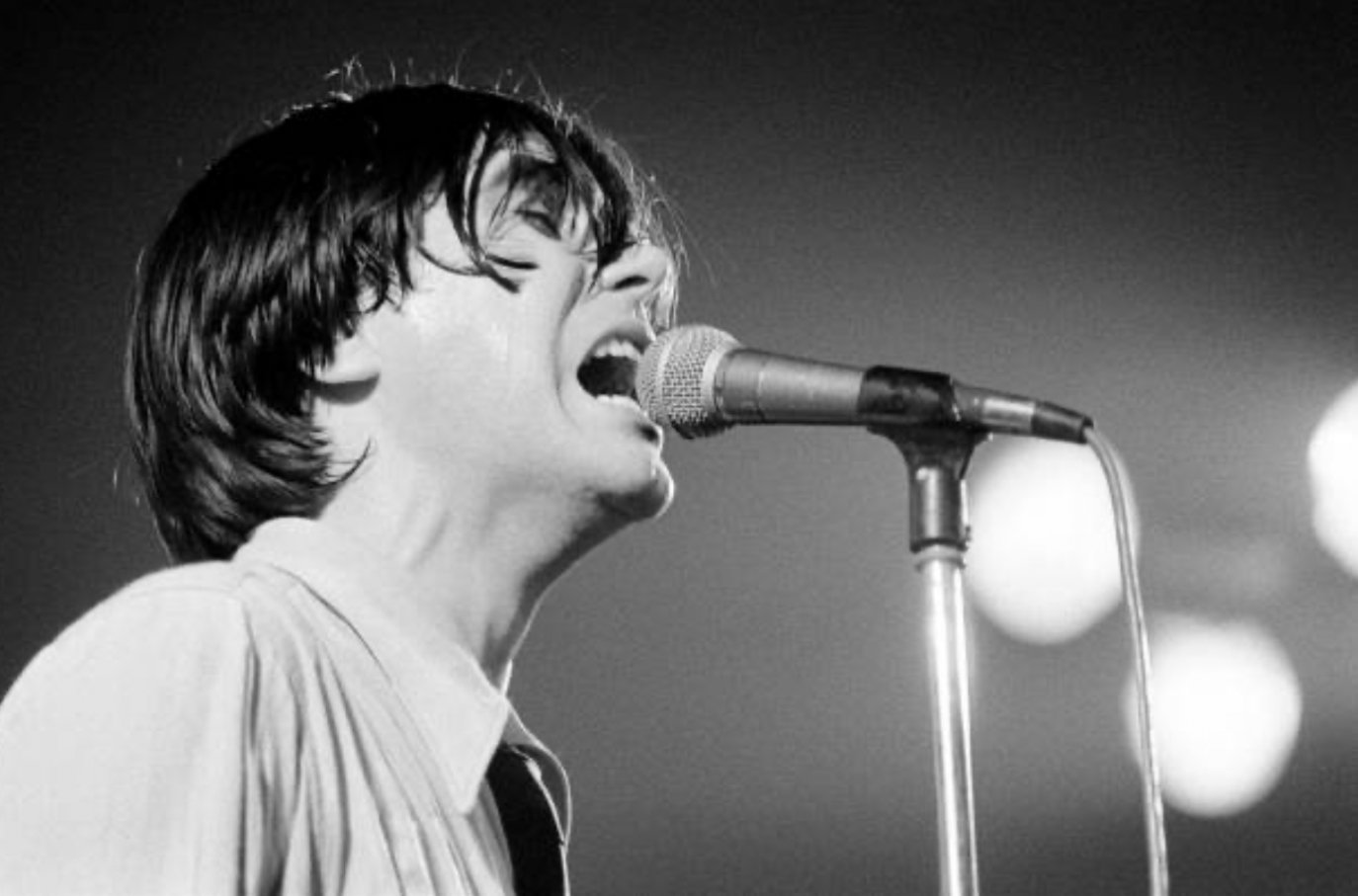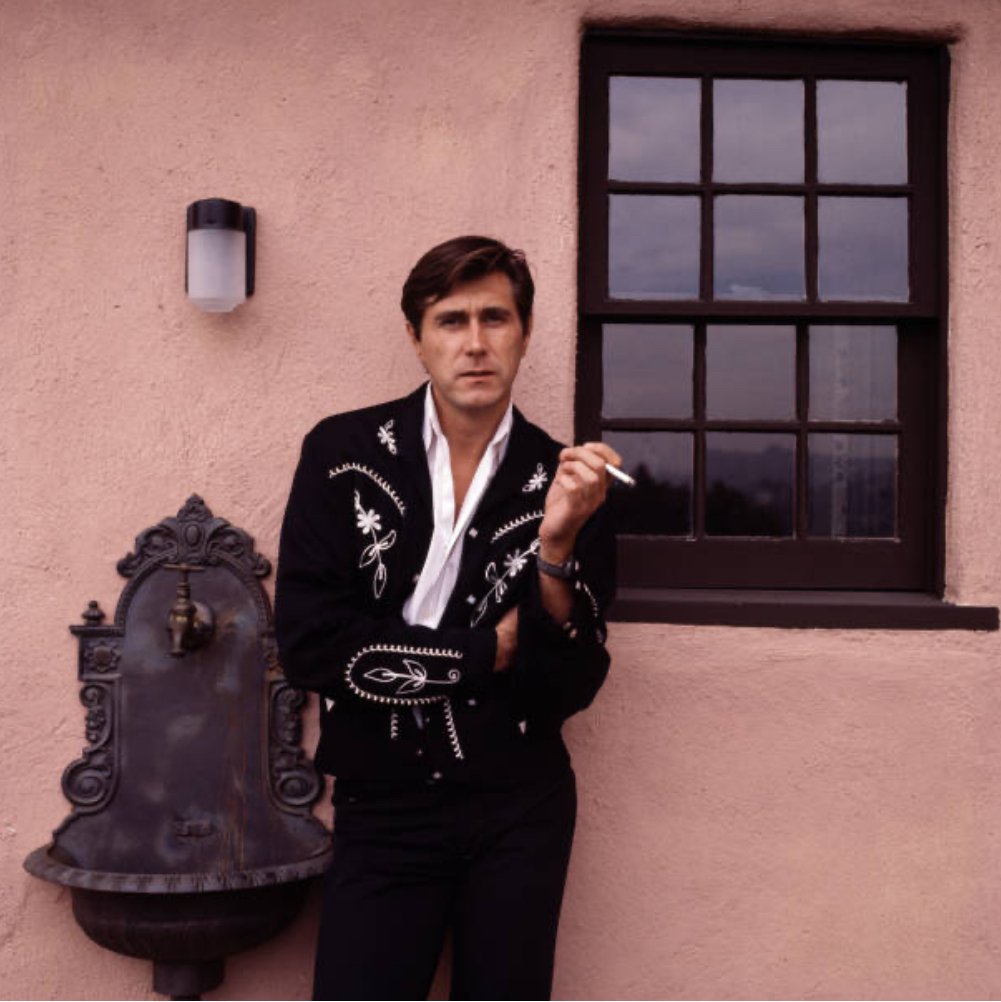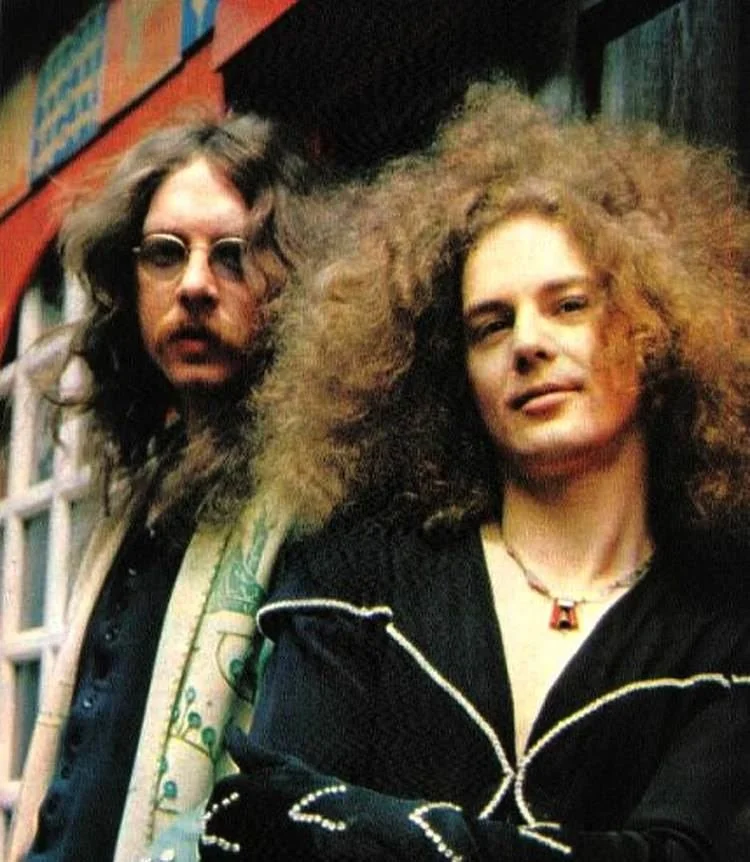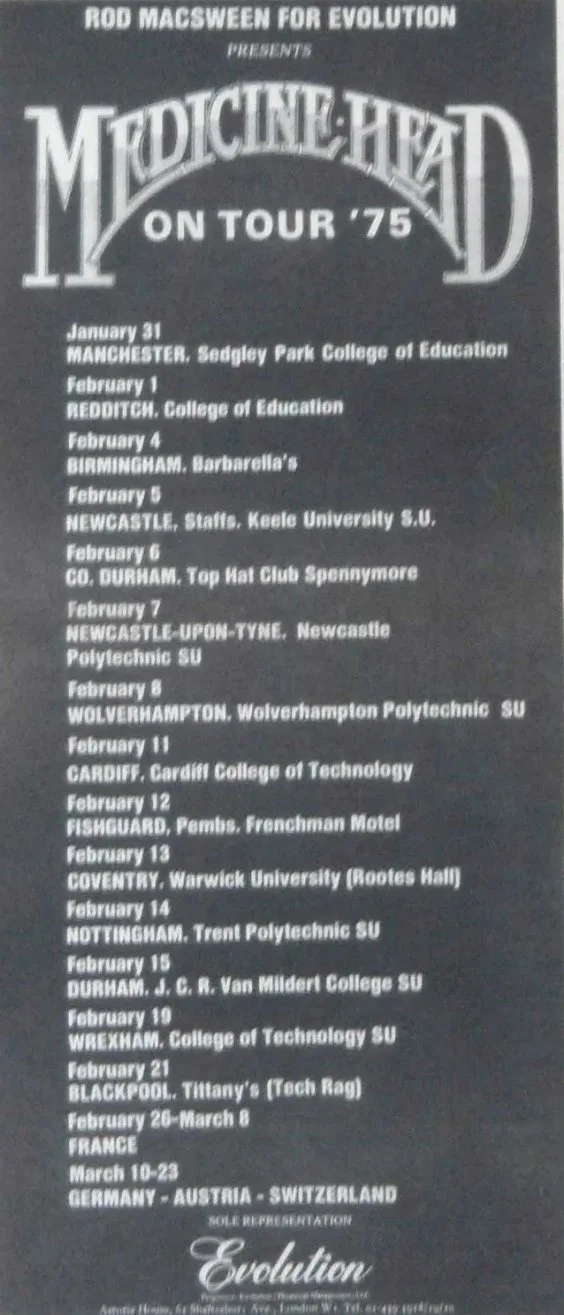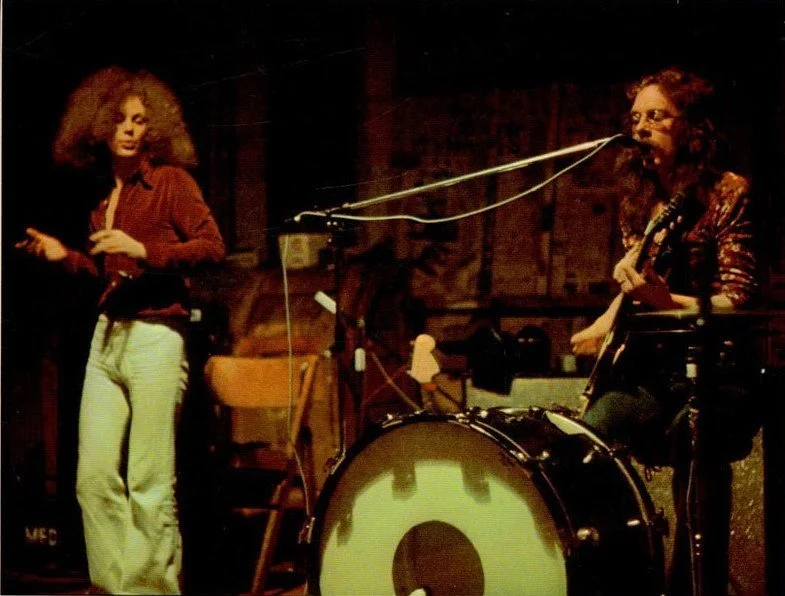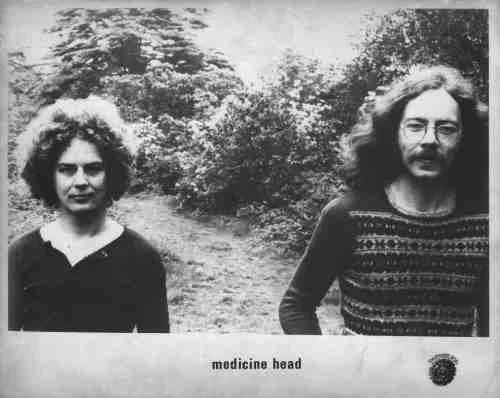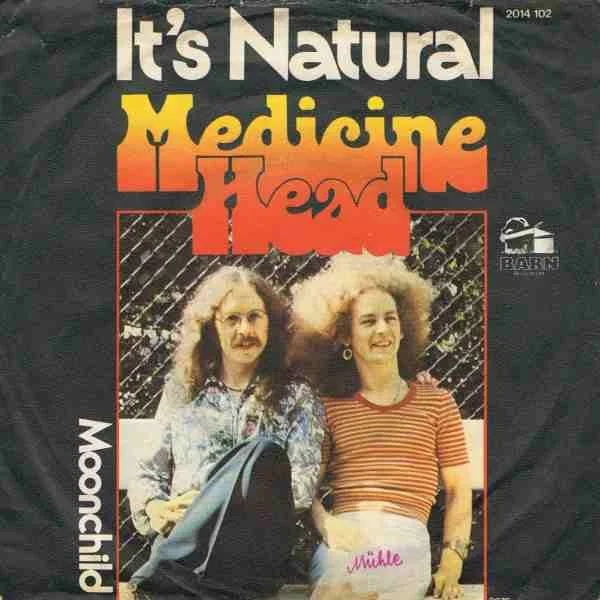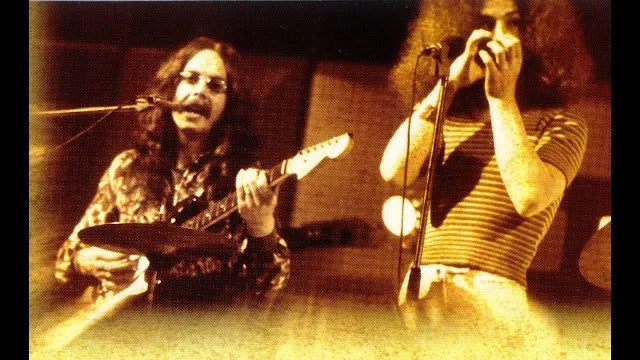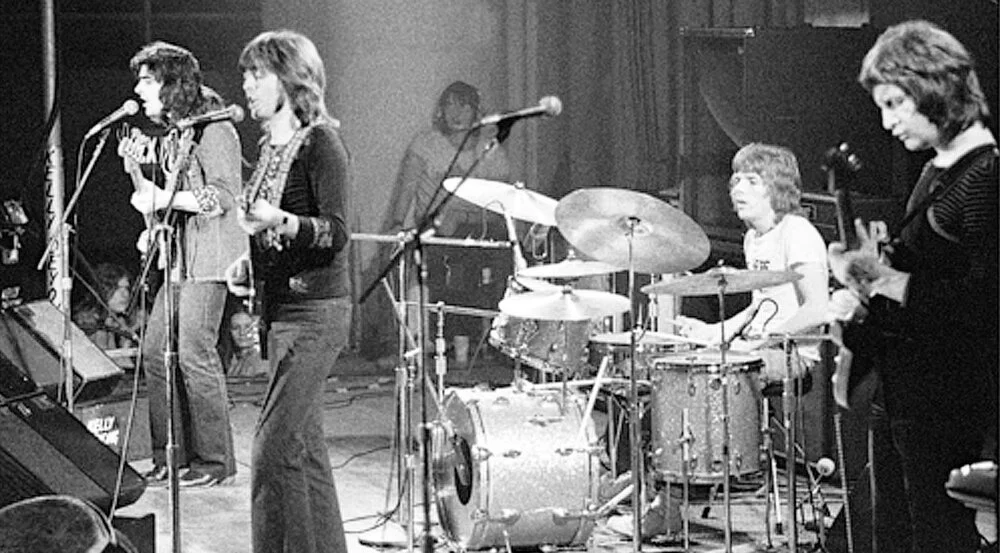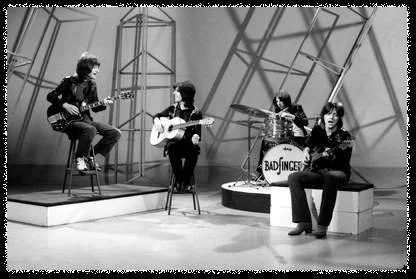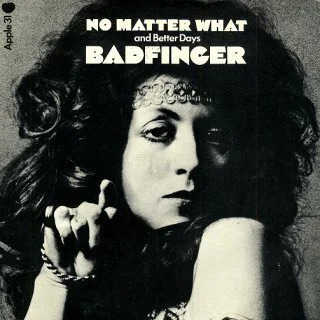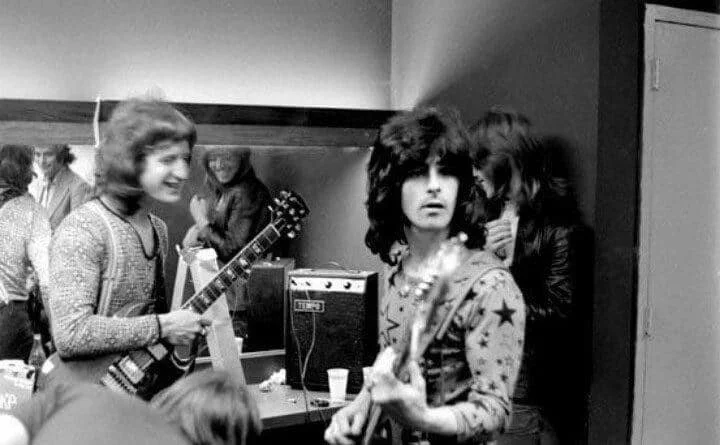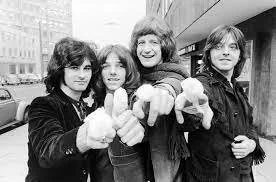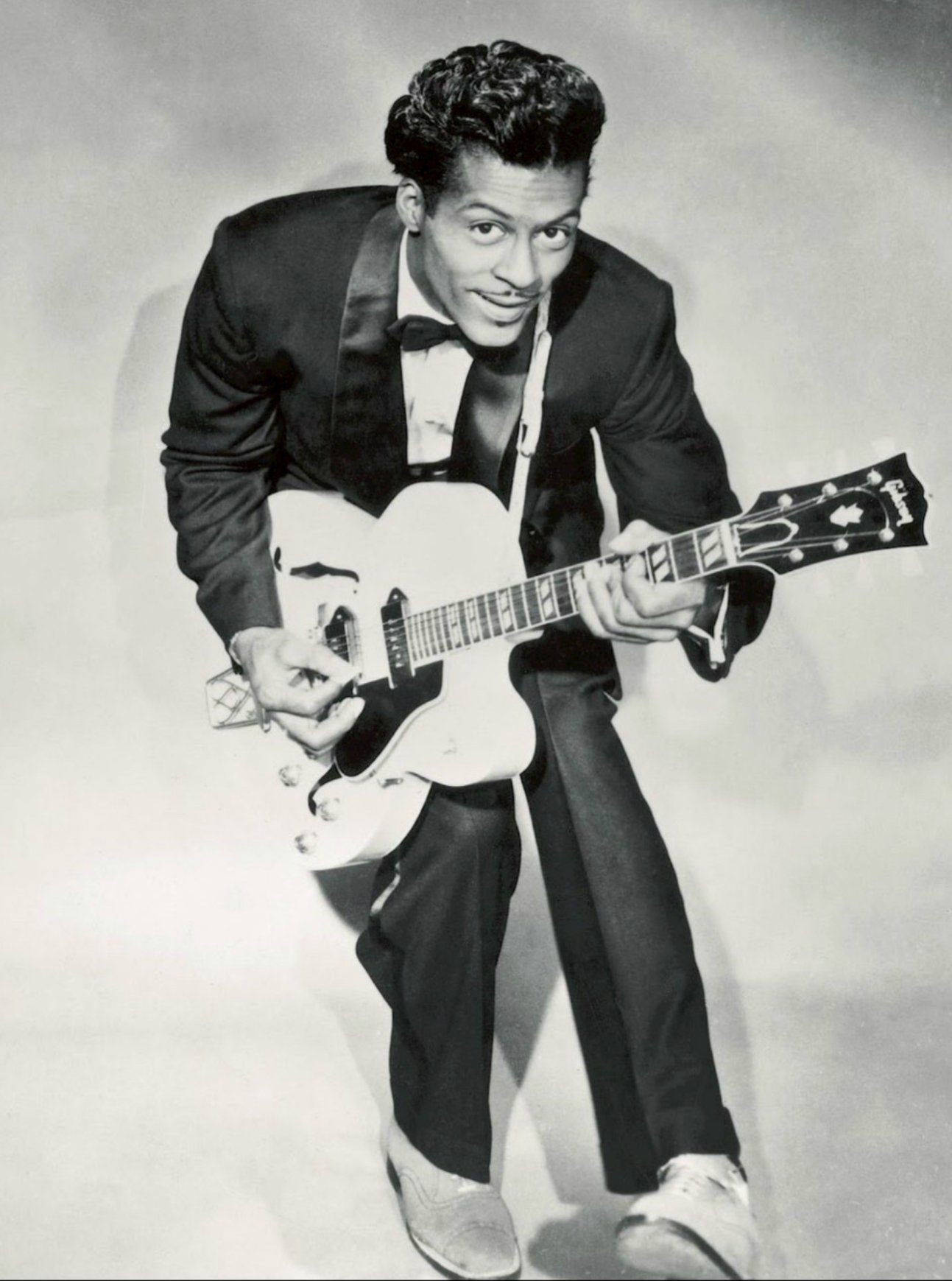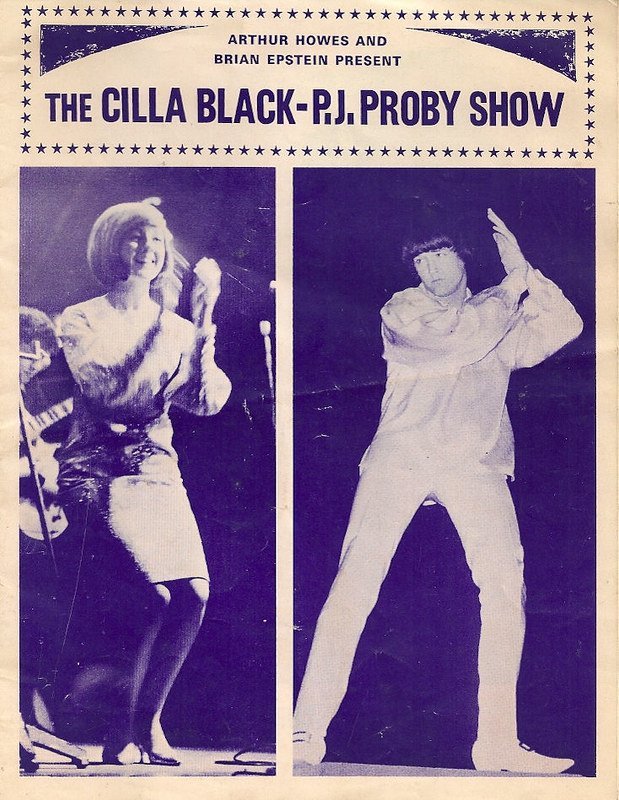Images may be subject to copyright
On this day, 14 February 2001, Scottish band Texas played Cardiff International Arena.
founded in 1986 by Johnny McElhone (formerly of the bands Altered Images and Hipsway), Ally McErlaine, and Sharleen Spiteri (on lead vocals). Texas made their performing debut in March 1988 at the University of Dundee. They took their name from the 1984 Wim Wenders movie Paris, Texas.
The band released their debut album Southside in 1989, along with the debut single "I Don't Want a Lover", which was a top-ten hit on the UK Singles Chart and peaked within the top ten of the charts in many other European countries.
In October 2000, Texas released their first compilation album, The Greatest Hits. The album featured tracks spanning their career, from their 1989 debut to the current day and included three new songs. A new single, "In Demand" was released on 2 October 2000 and reached No. 6 in the UK, with a video that featured the actor Alan Rickman.
When The Greatest Hits was released, it became the band's third consecutive album to debut at No. 1 in the UK. A second new single from the collection, "Inner Smile", was released at the end of 2000, also reaching No. 6 on the UK Singles Chart. The video for "Inner Smile" featured a homage to Elvis Presley (and specifically his '68 Comeback Special shows) with lead singer Spiteri dressed and made up to look like Elvis in his famous black leather suit. In July 2001, a remix of "I Don't Want A Lover" was released which made the UK top 20.
Setlist
Zero Zero
In Demand
Black Eyed Boy
Halo
In Our Lifetime
Guitar Song
Insane
Tired of Being Alone
(Al Green cover)
Pull Up to the Bumper
(Grace Jones cover)
Put Your Arms Around Me
Prayer for You
I Don't Want a Lover
When We Are Together
Summer Son
Encore:
Inner Smile
Suspicious Minds
(Mark James cover)
Encore 2:
Say What You Want


